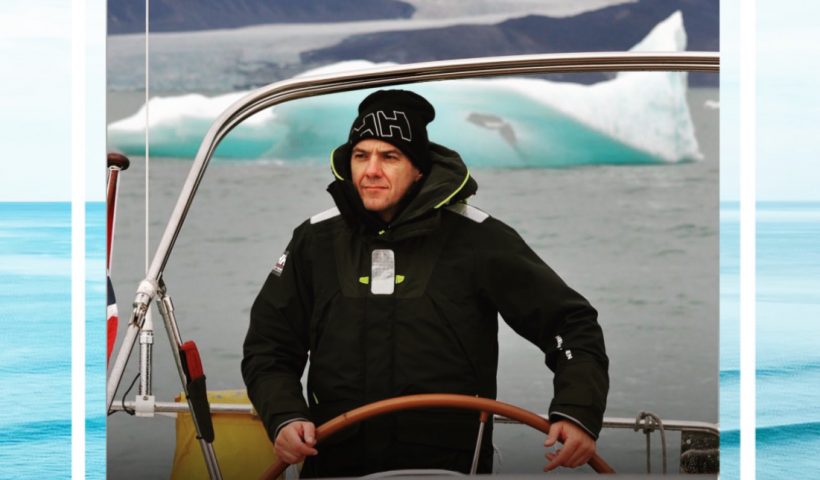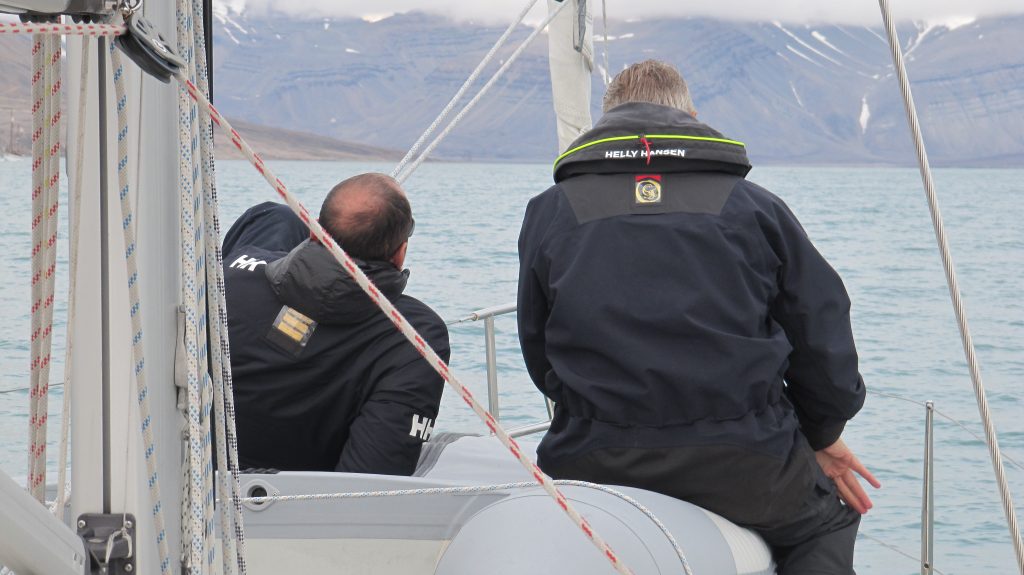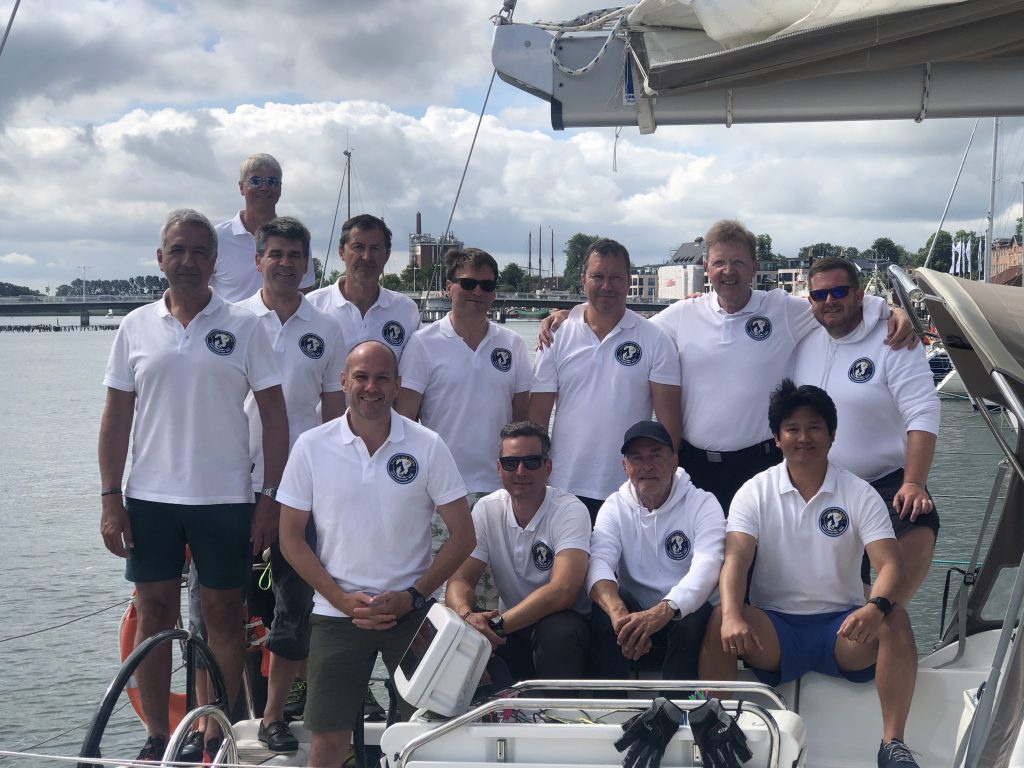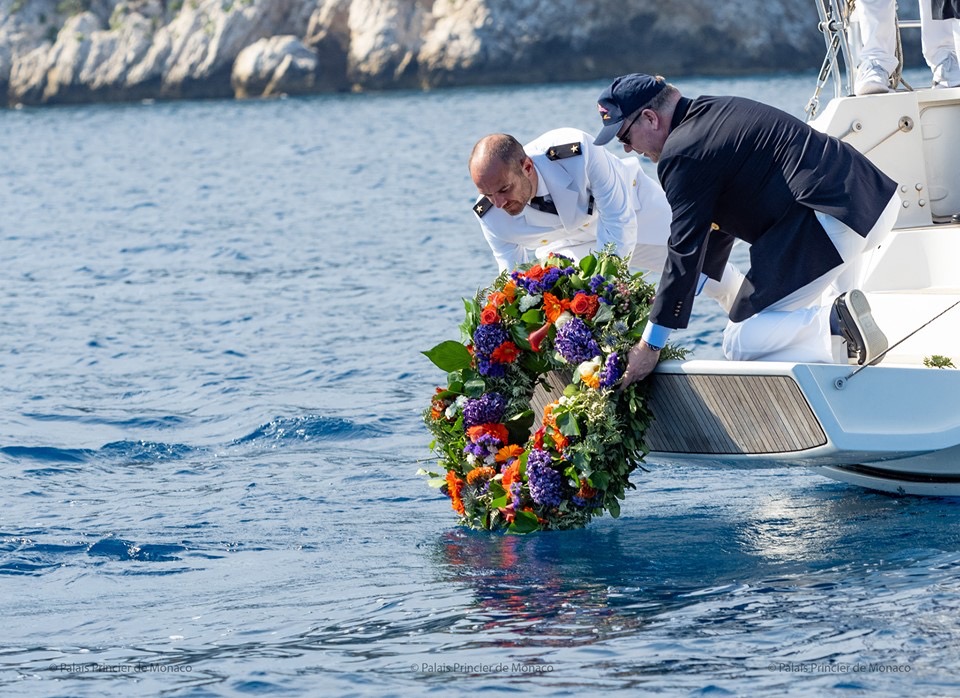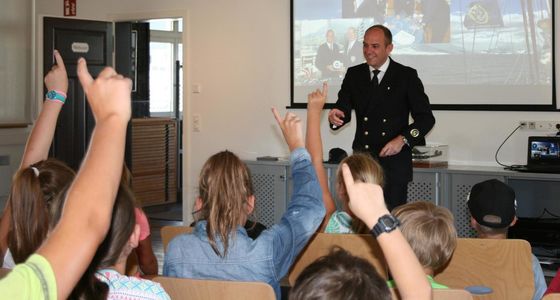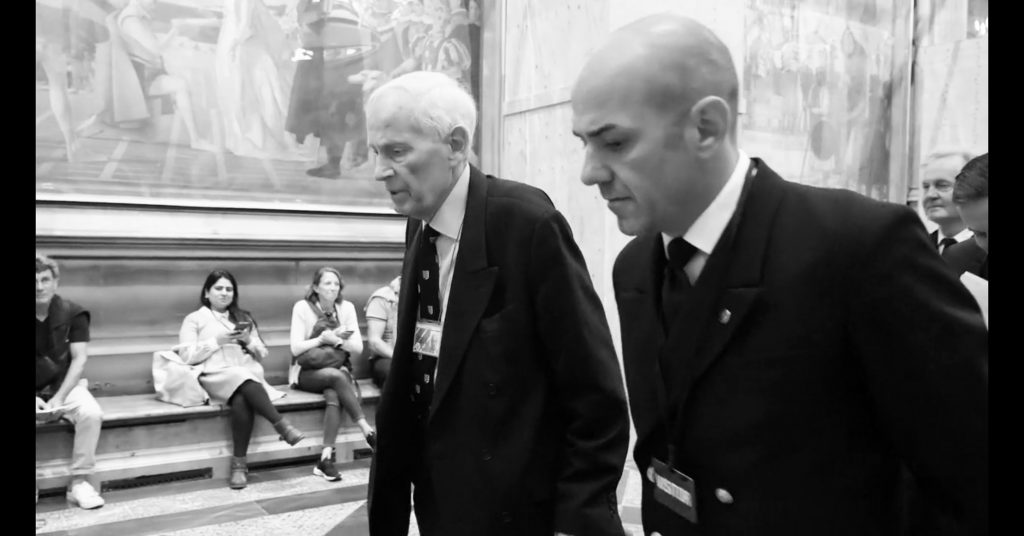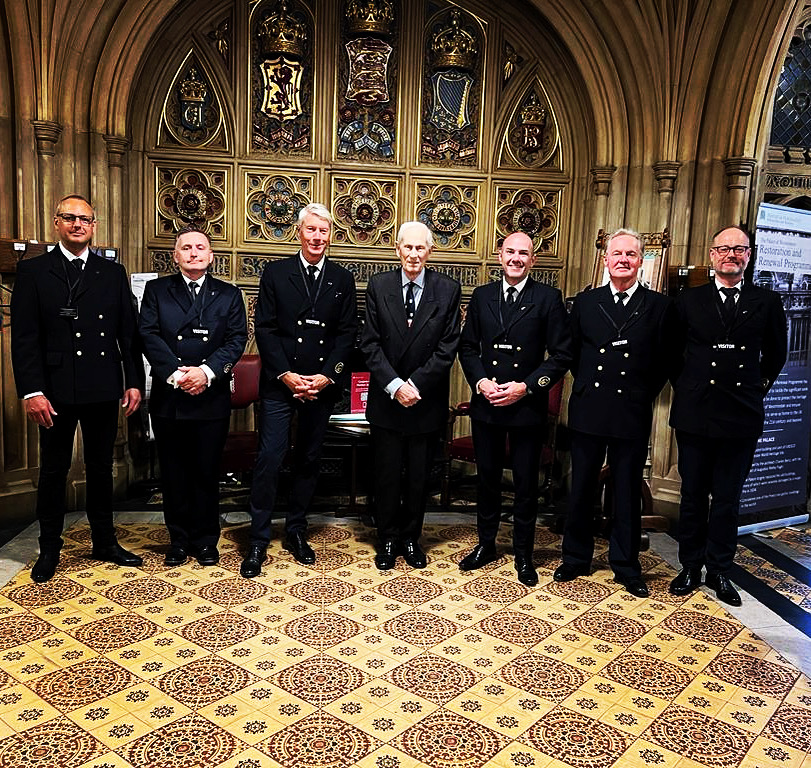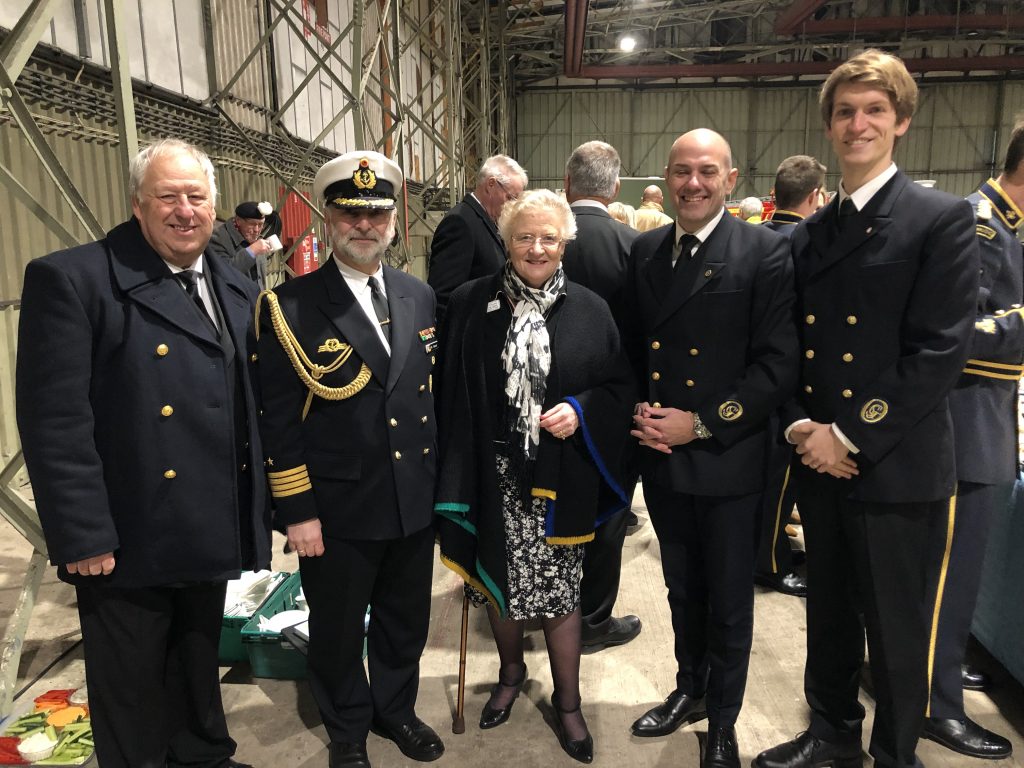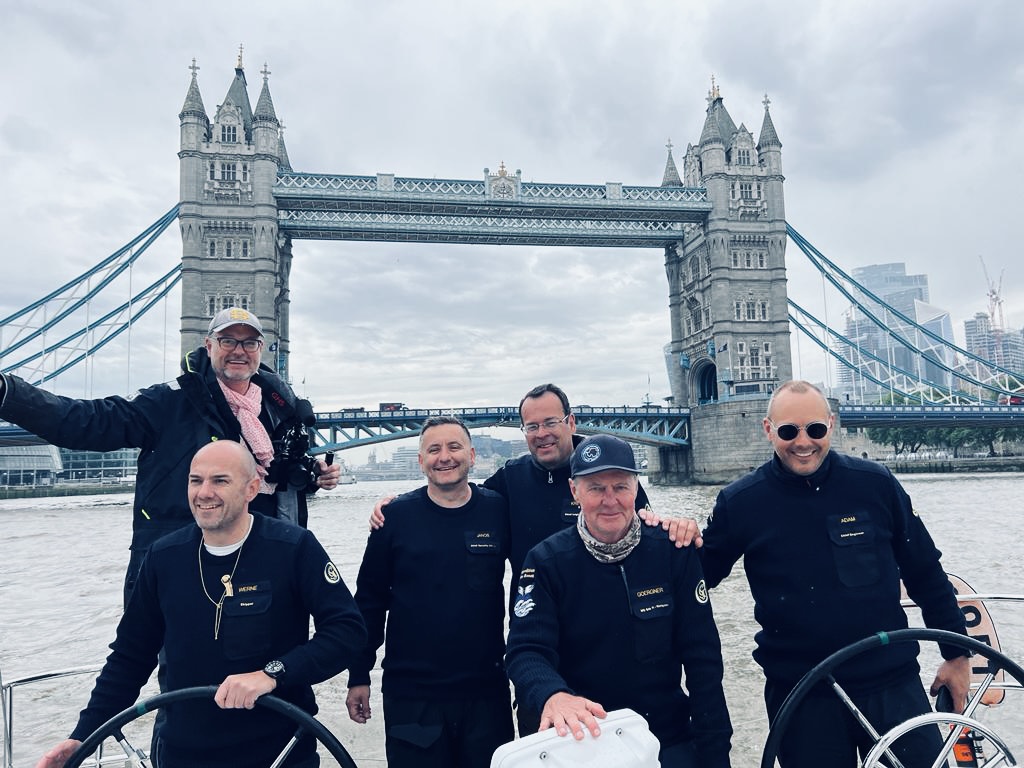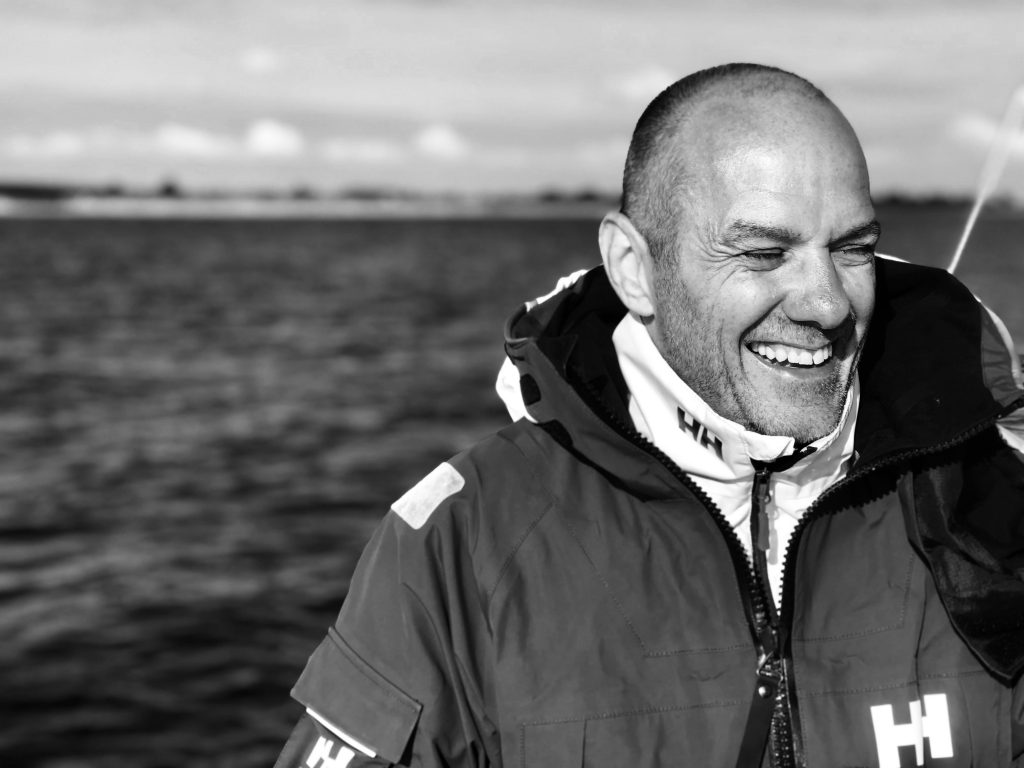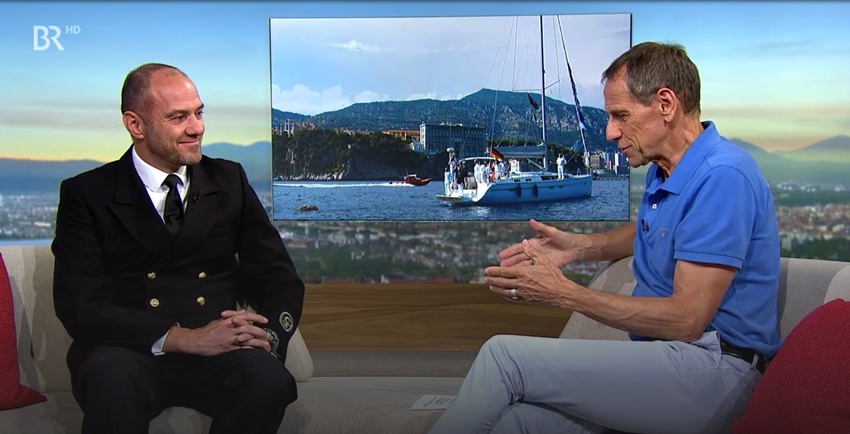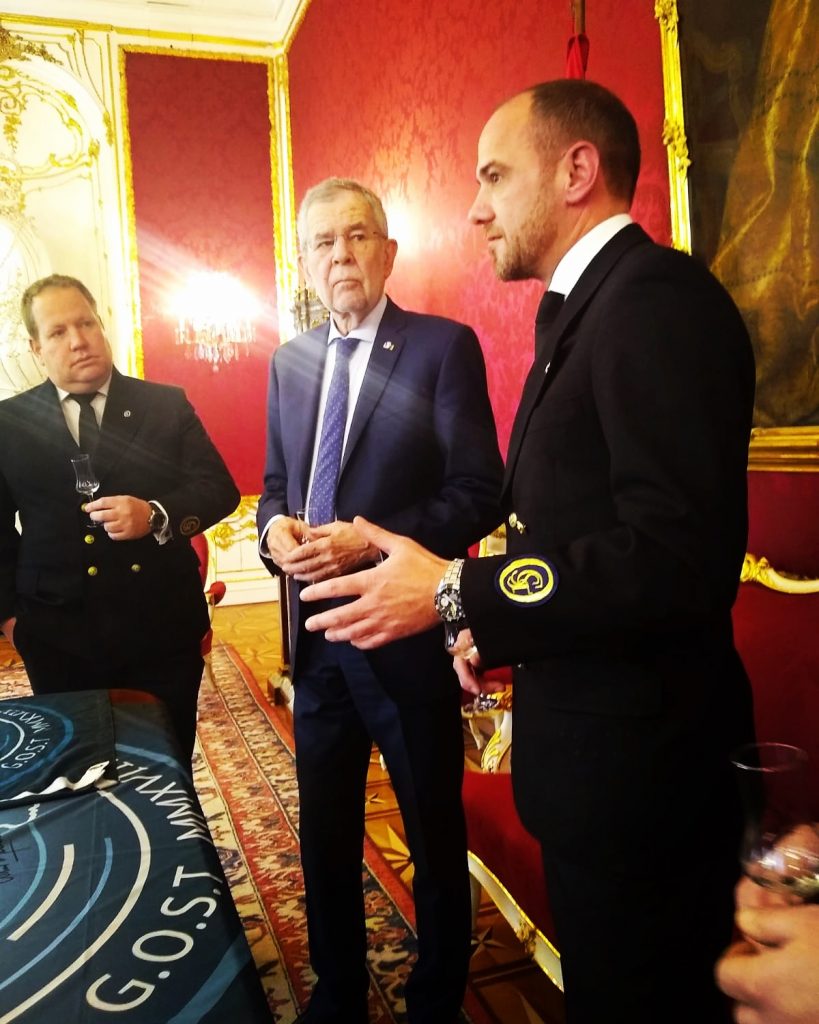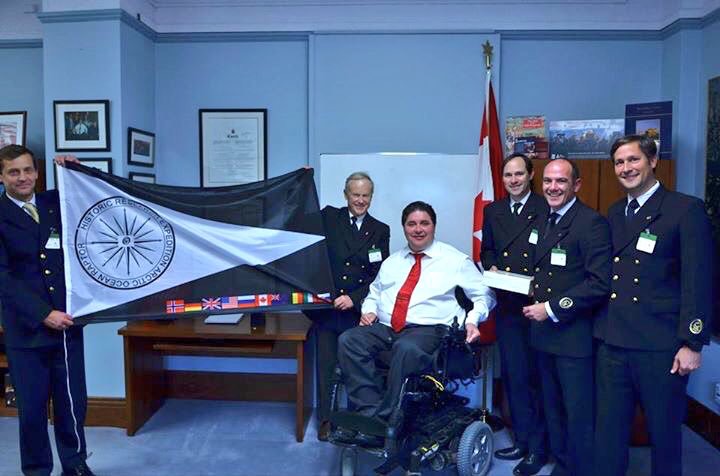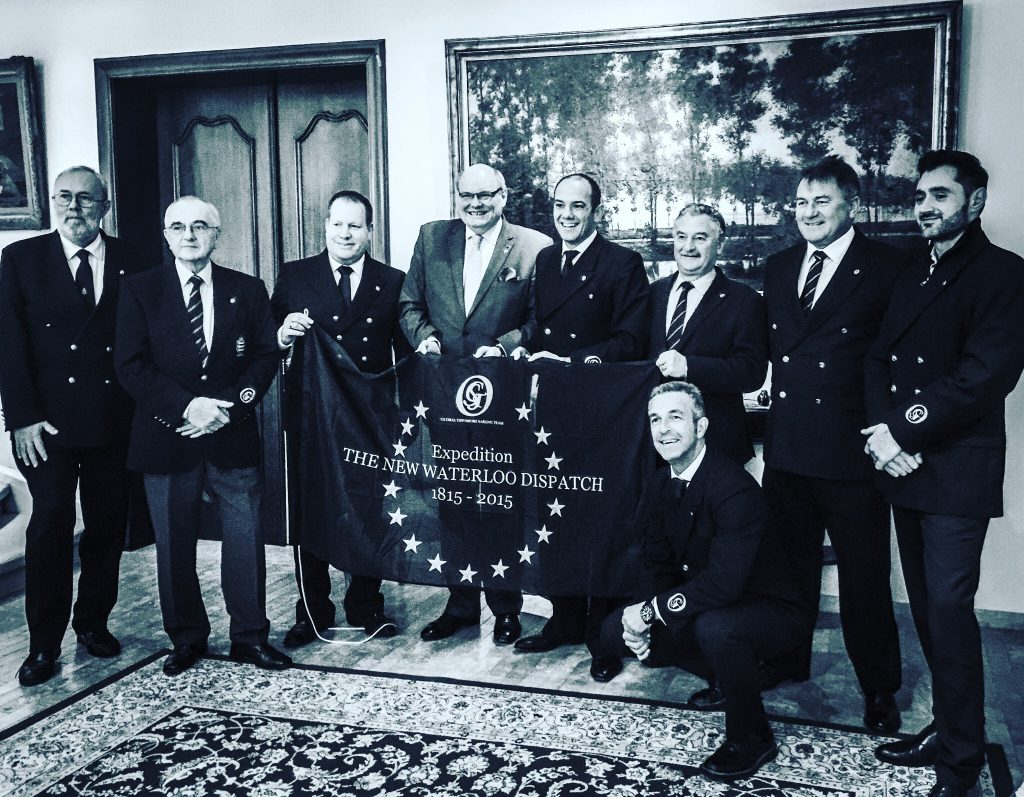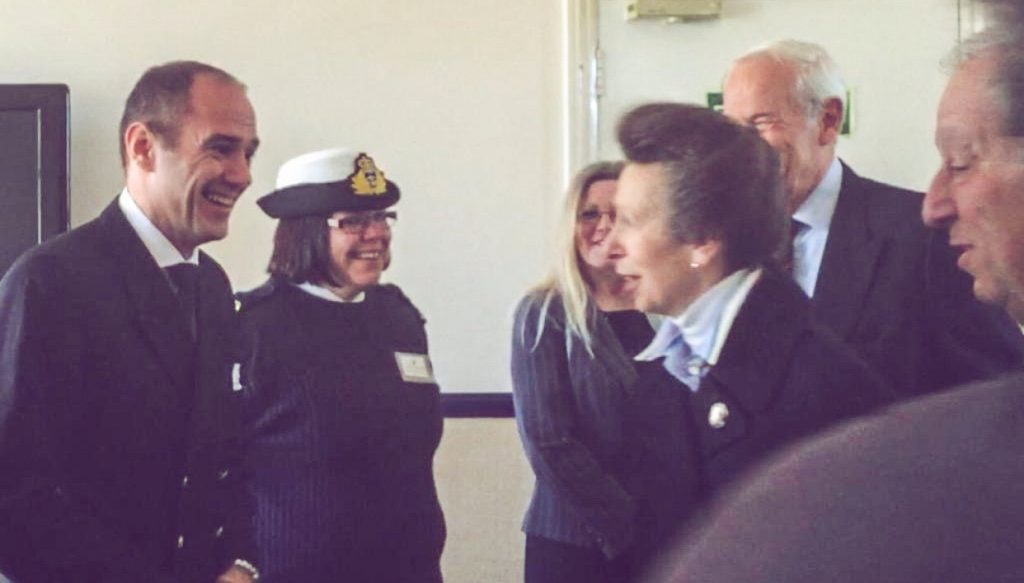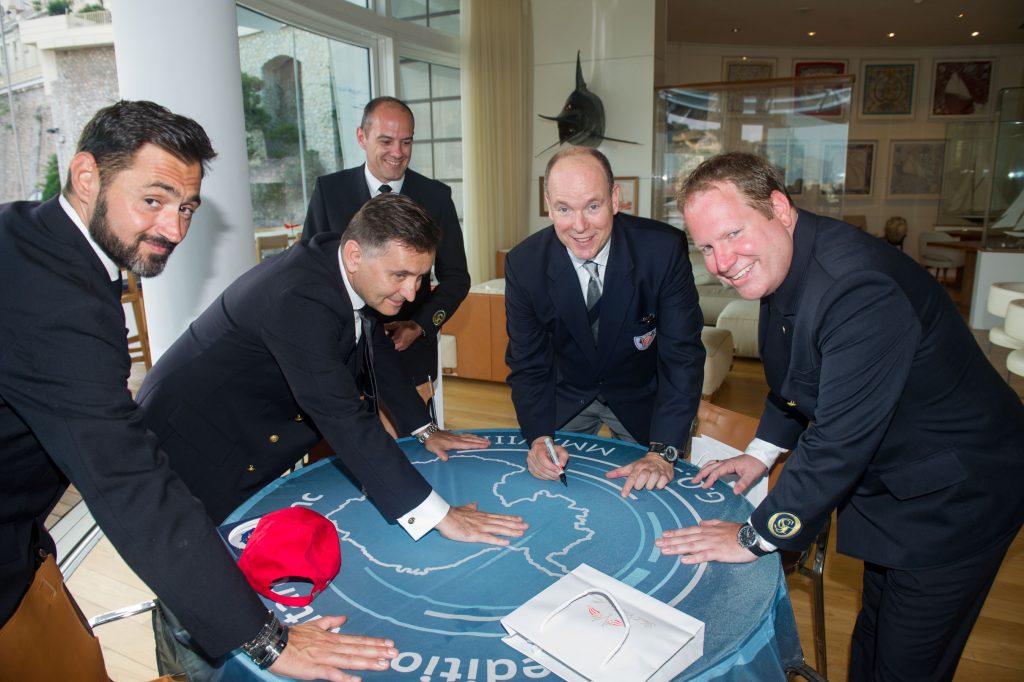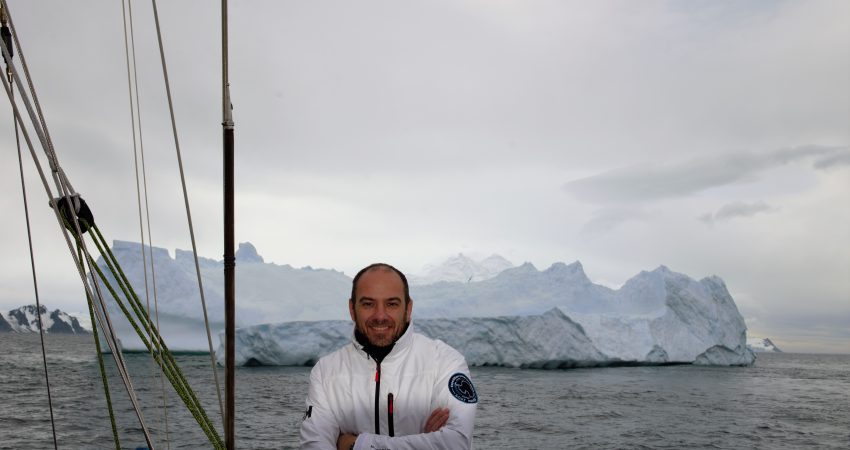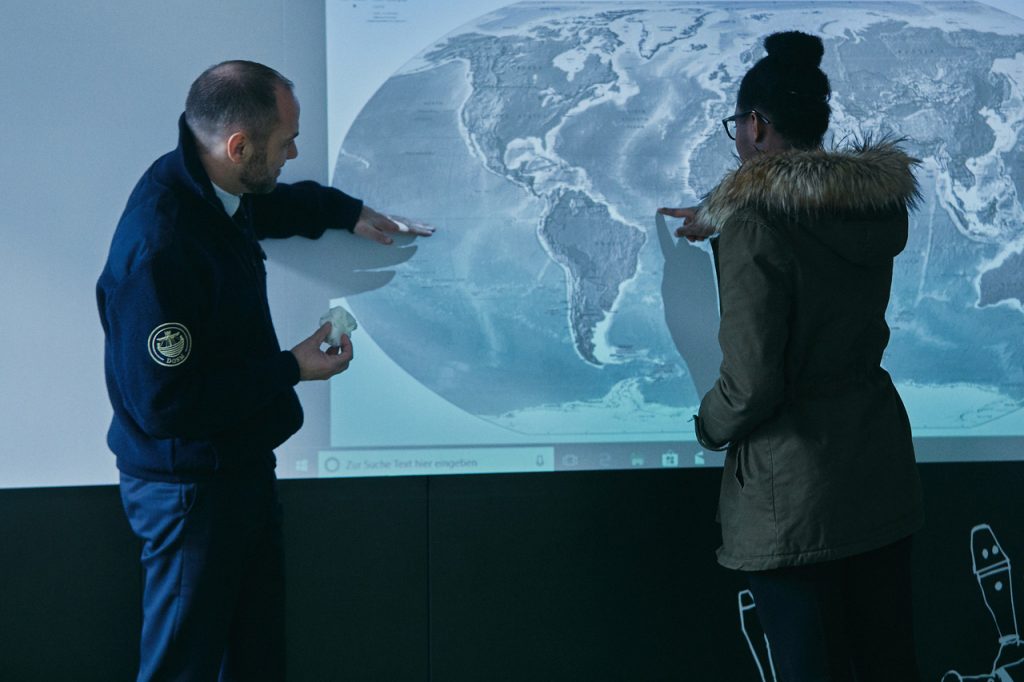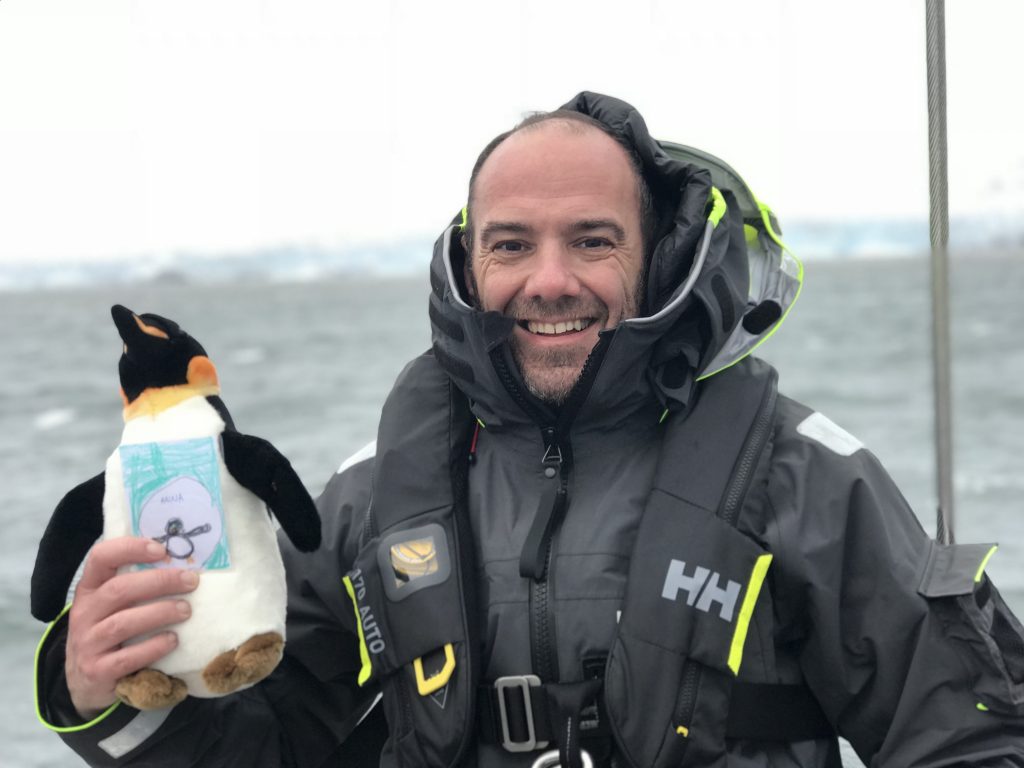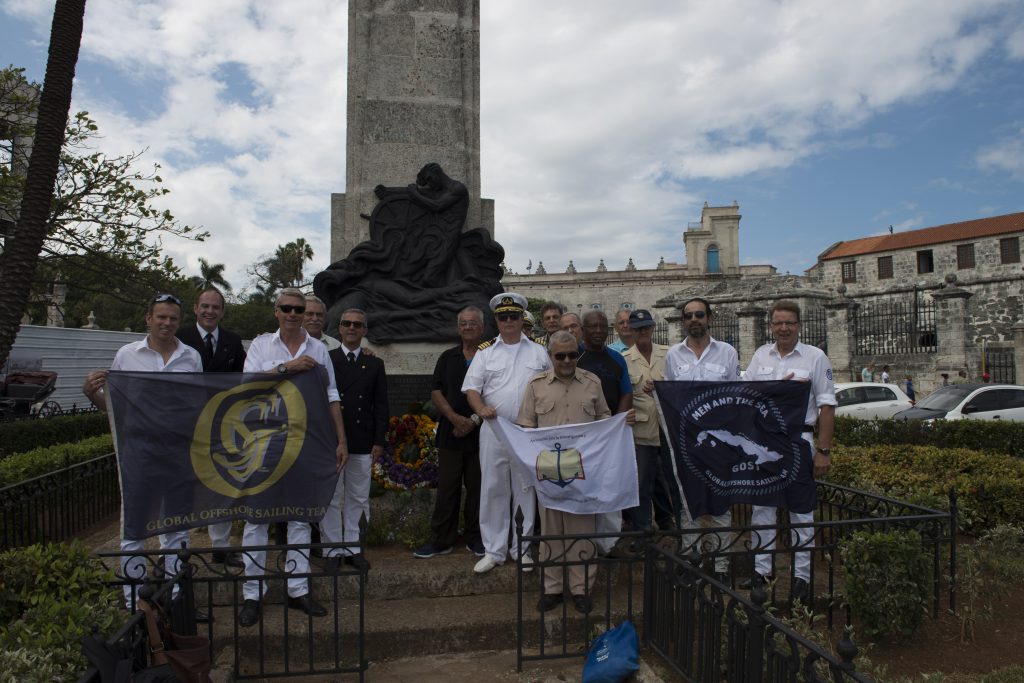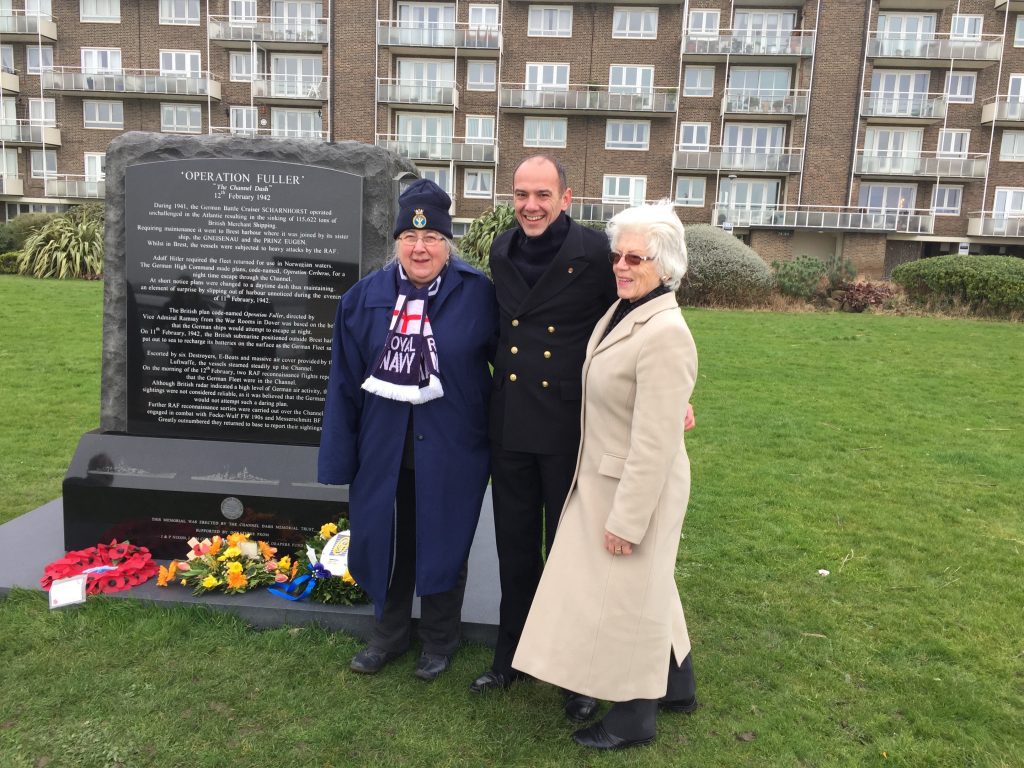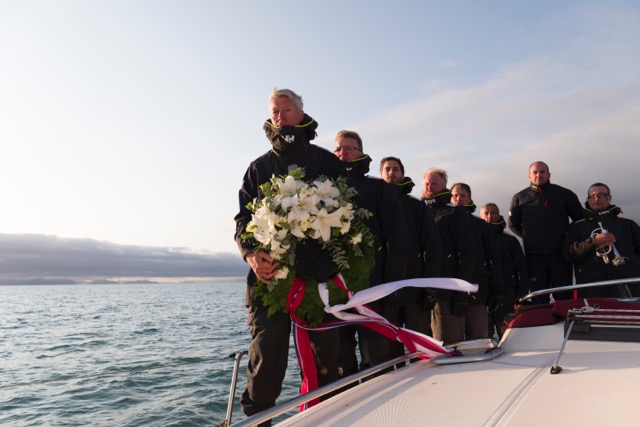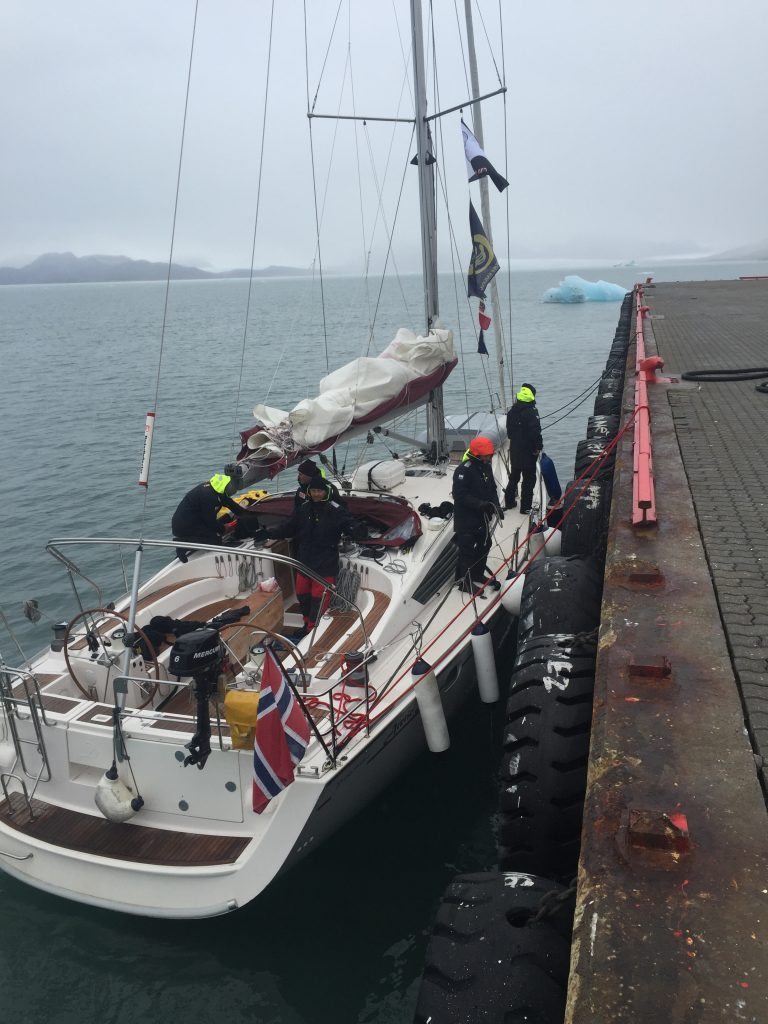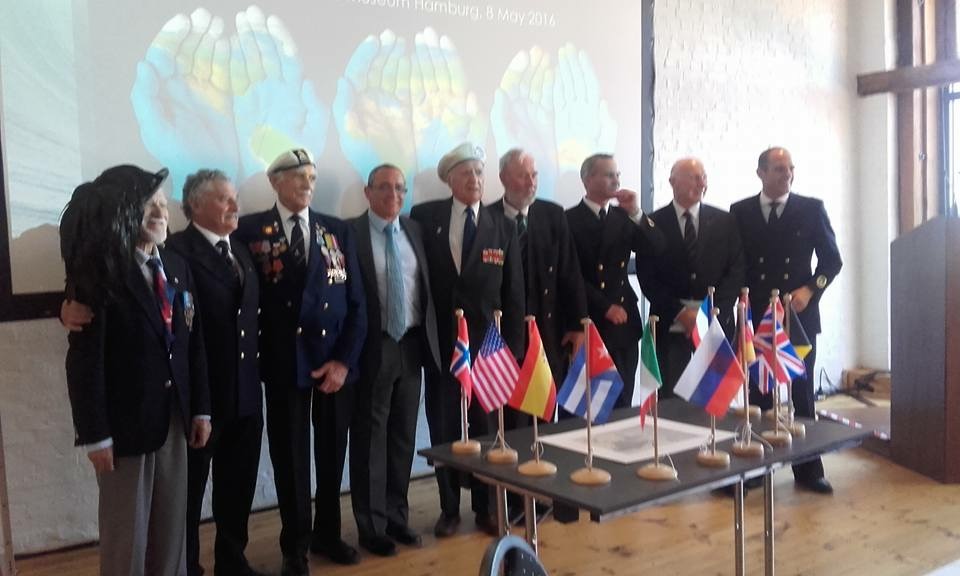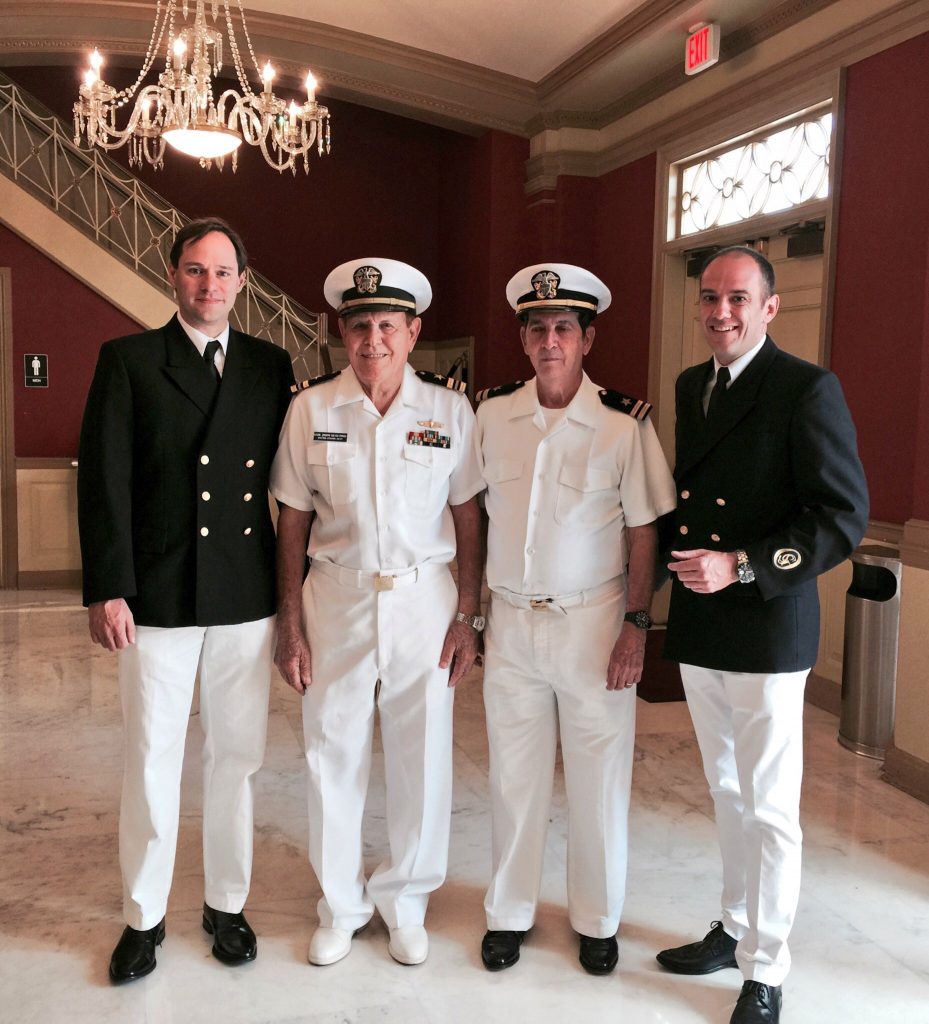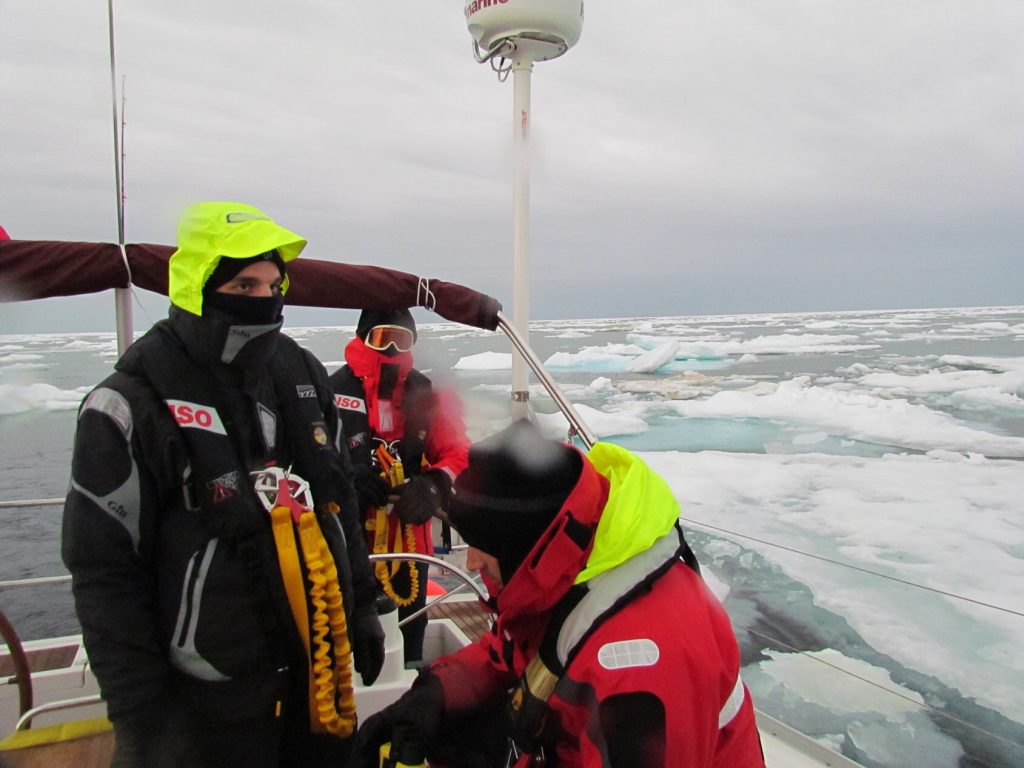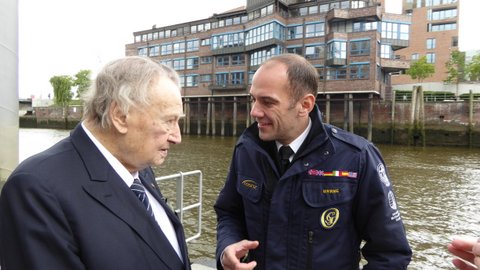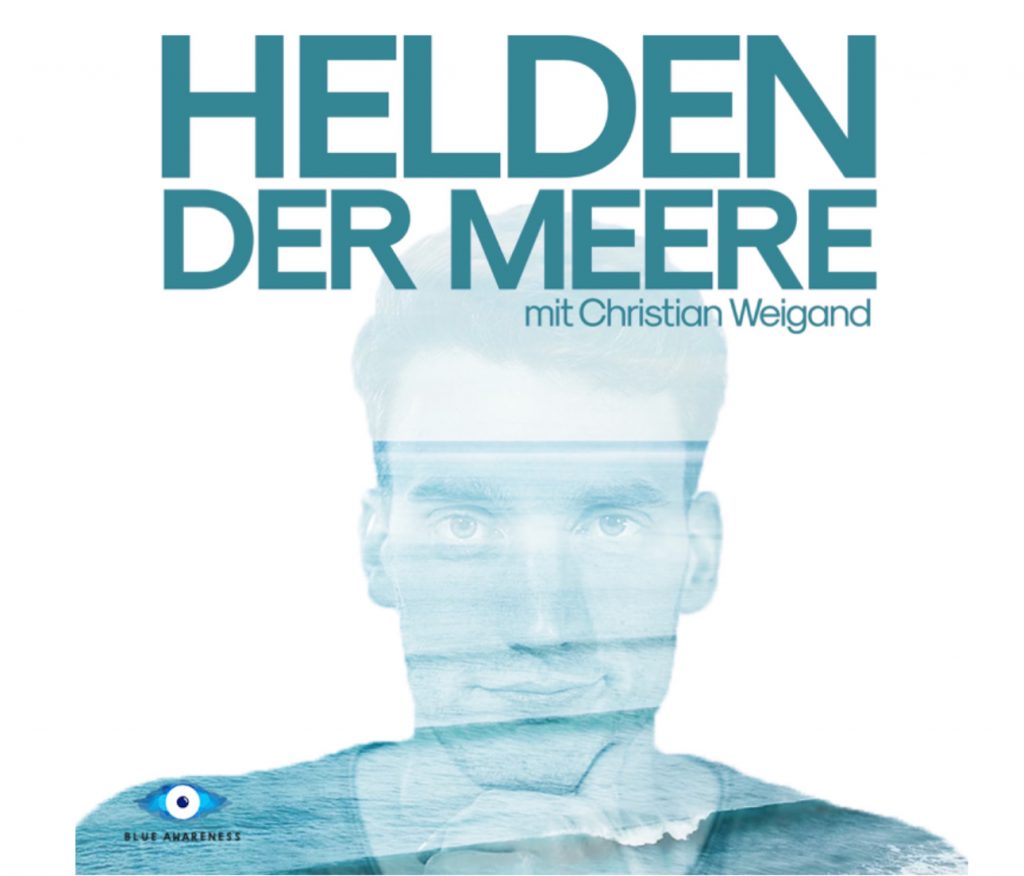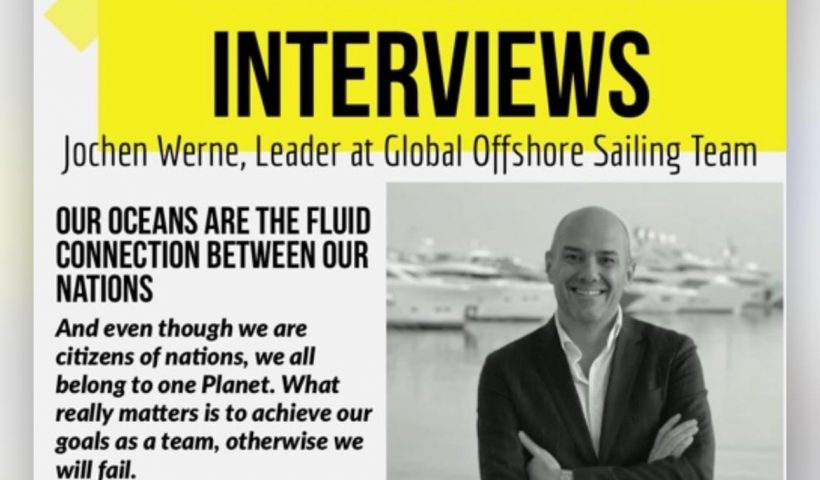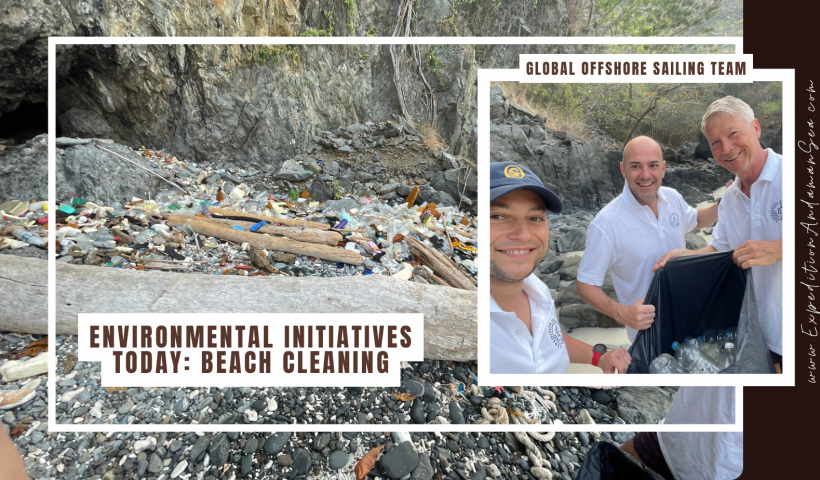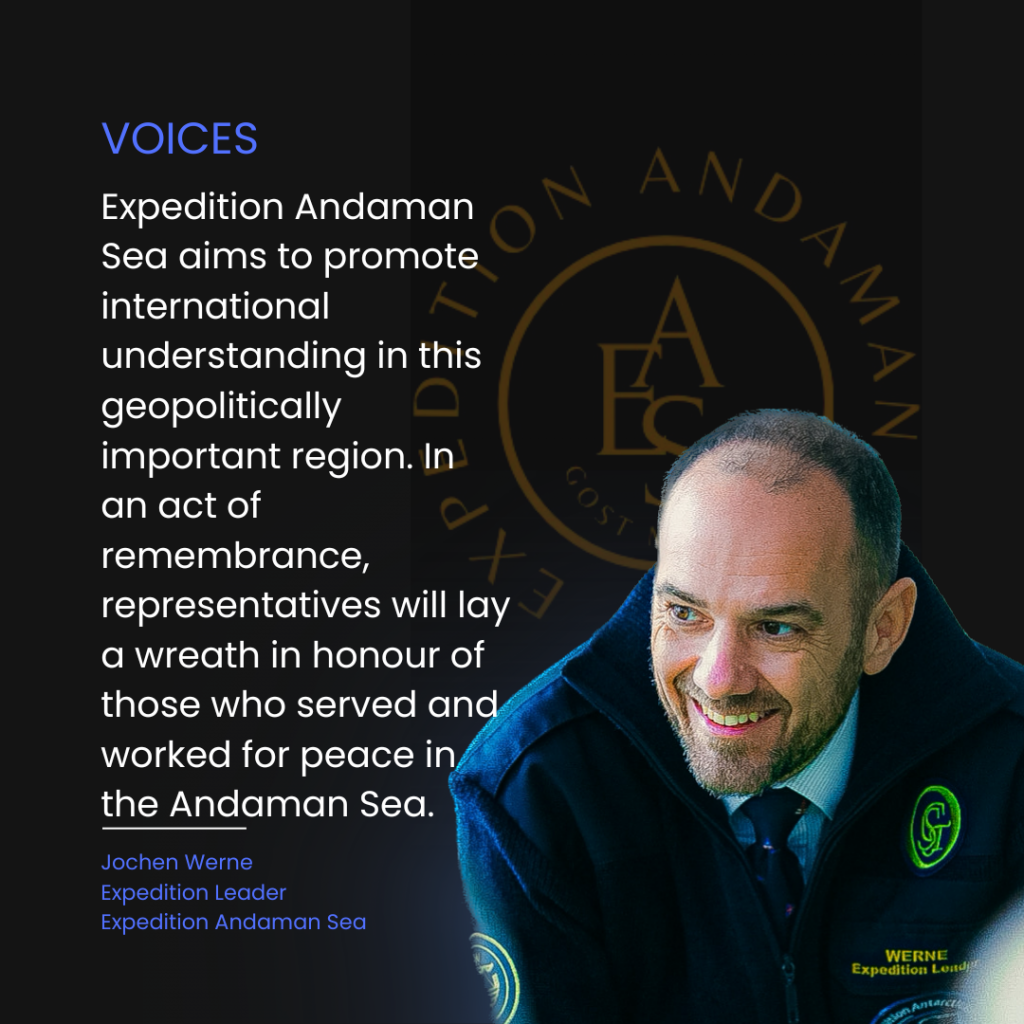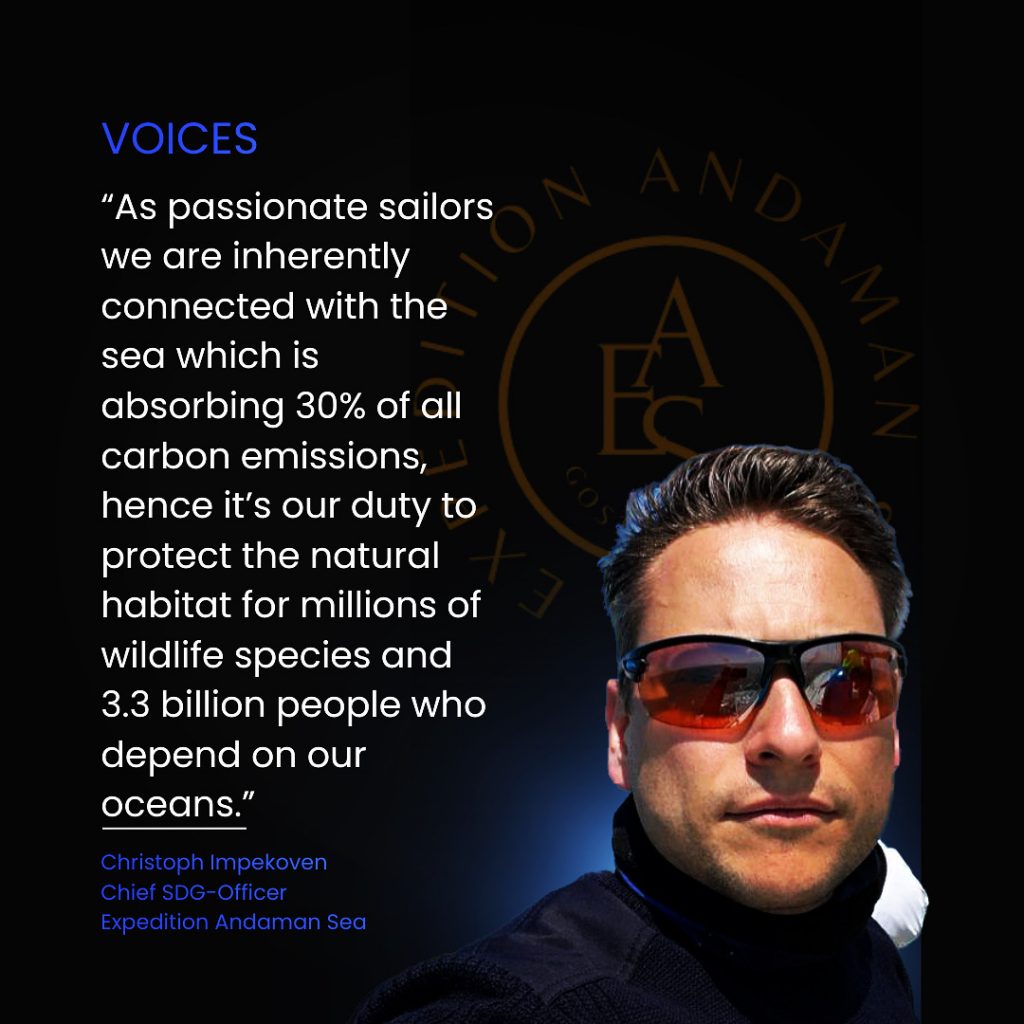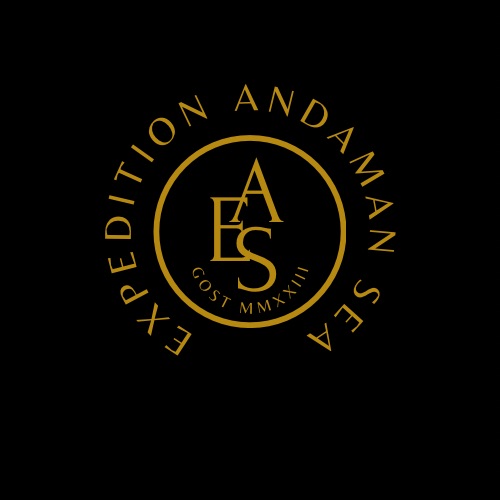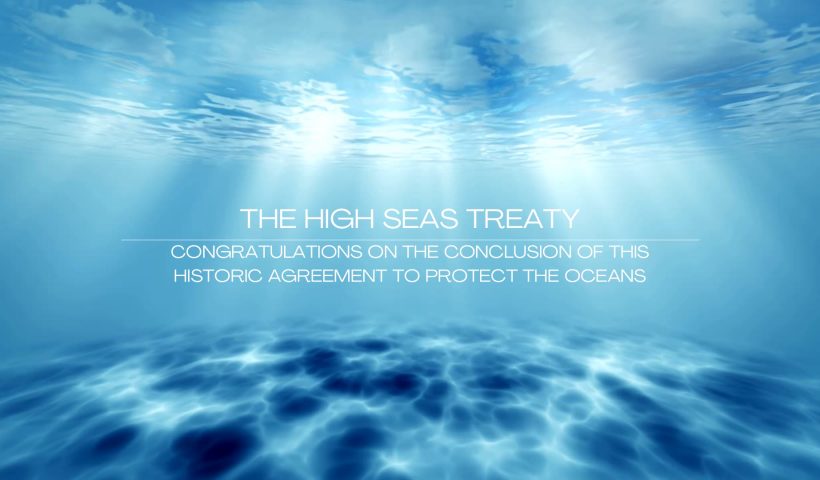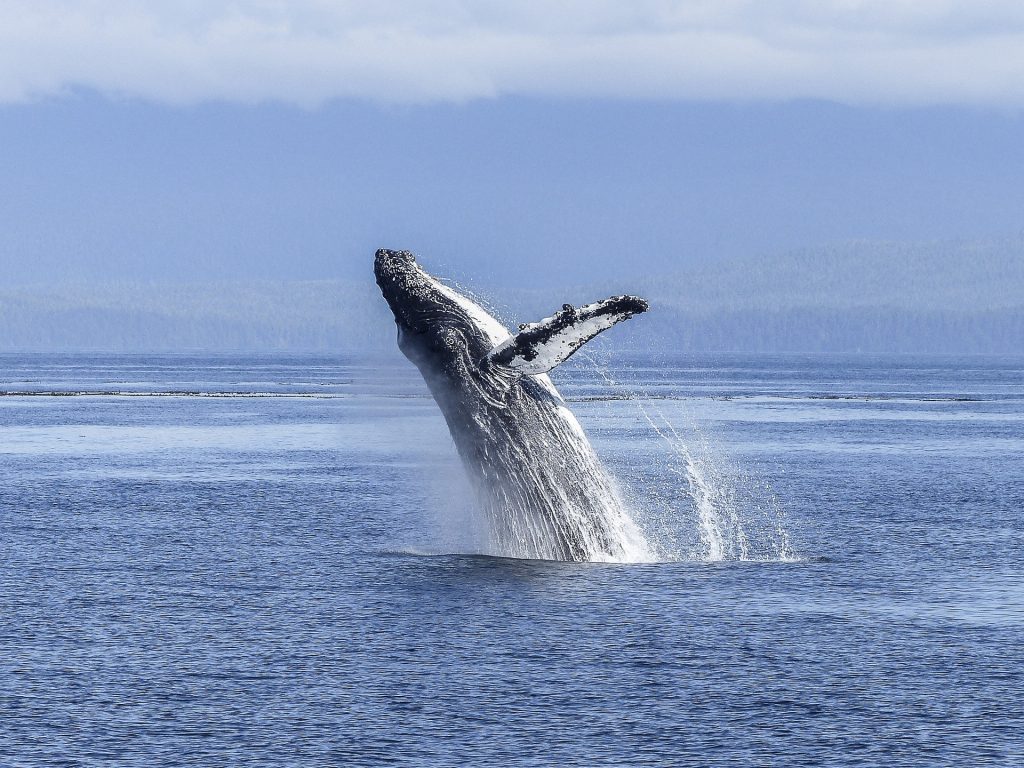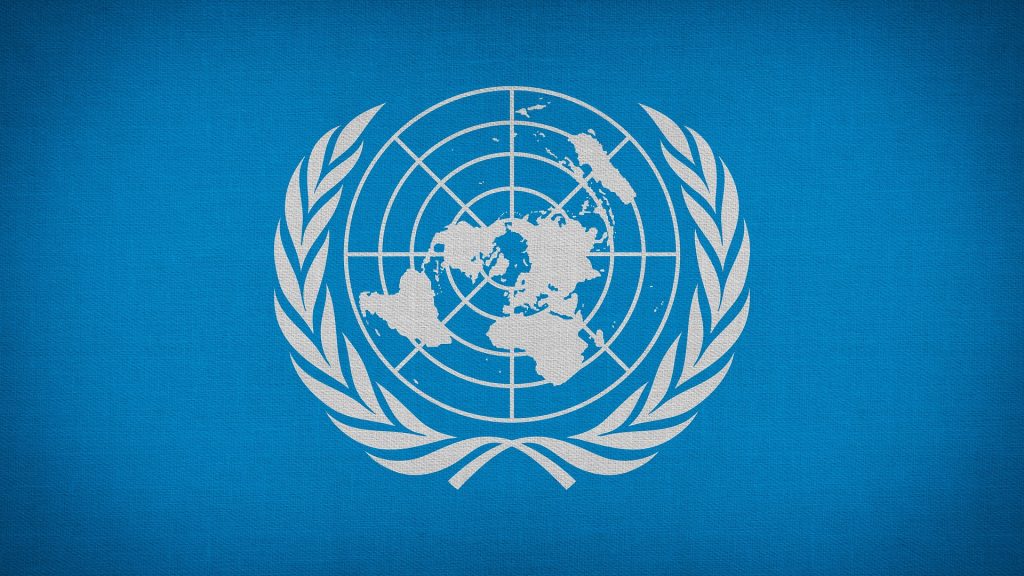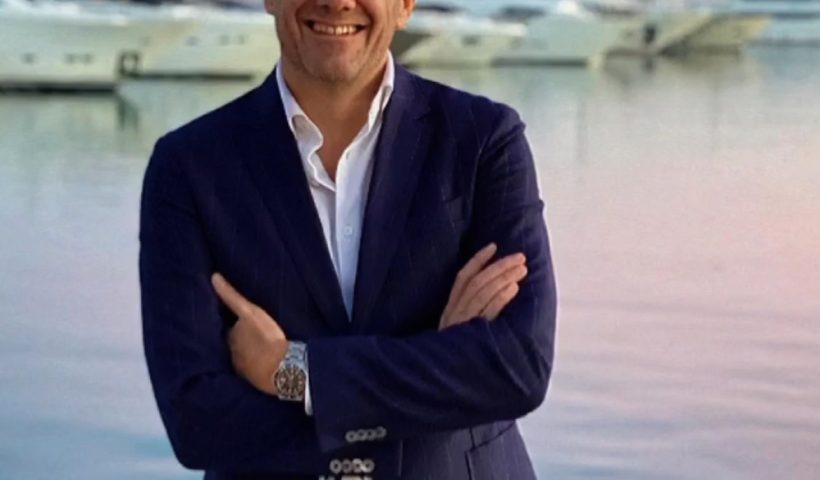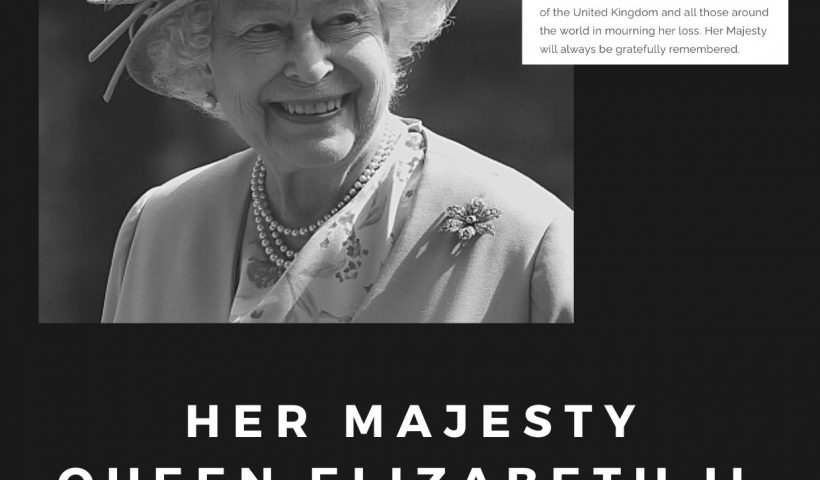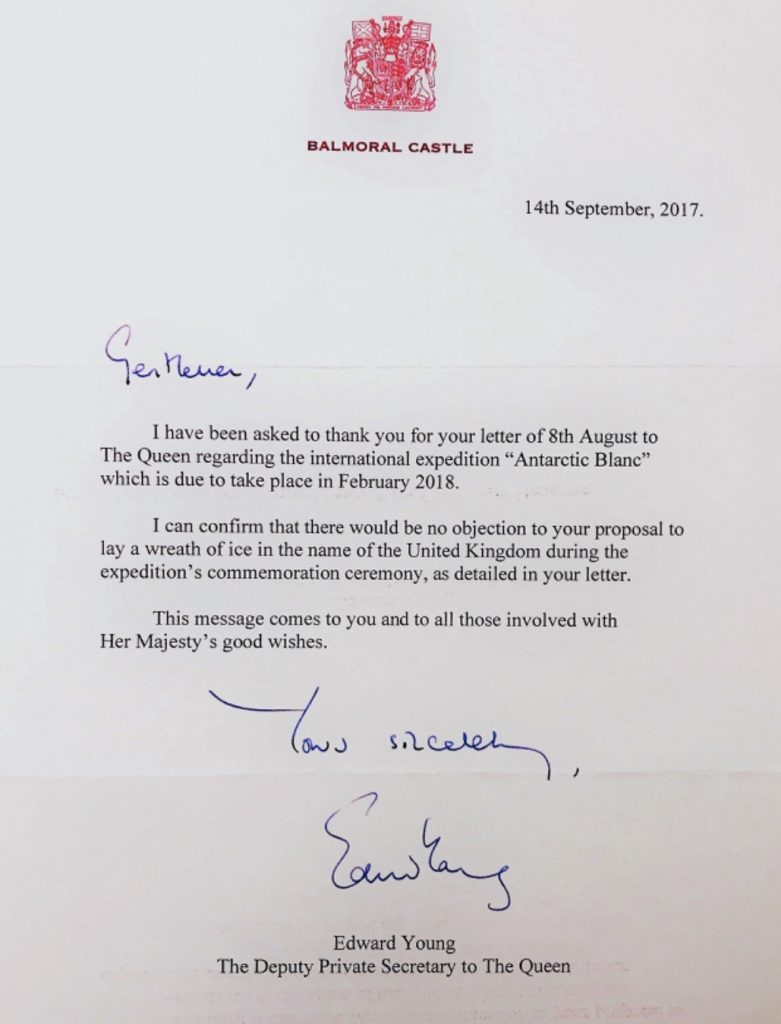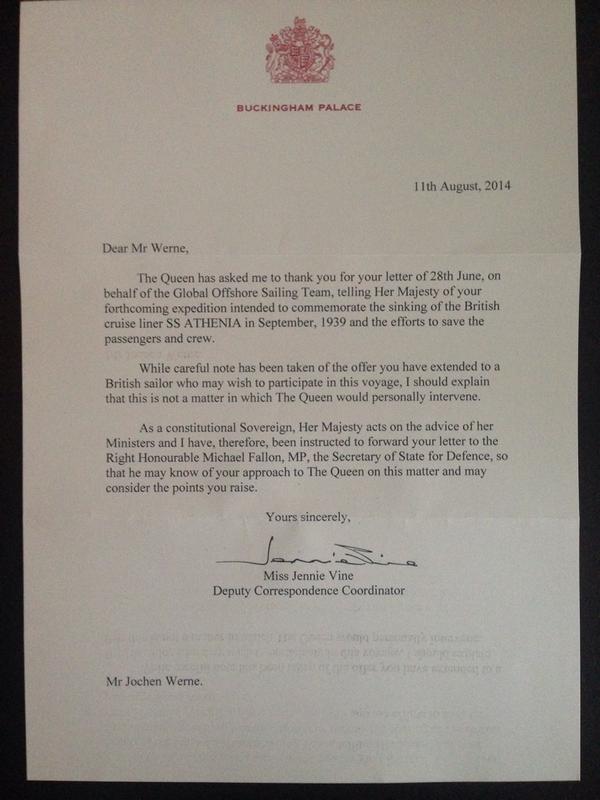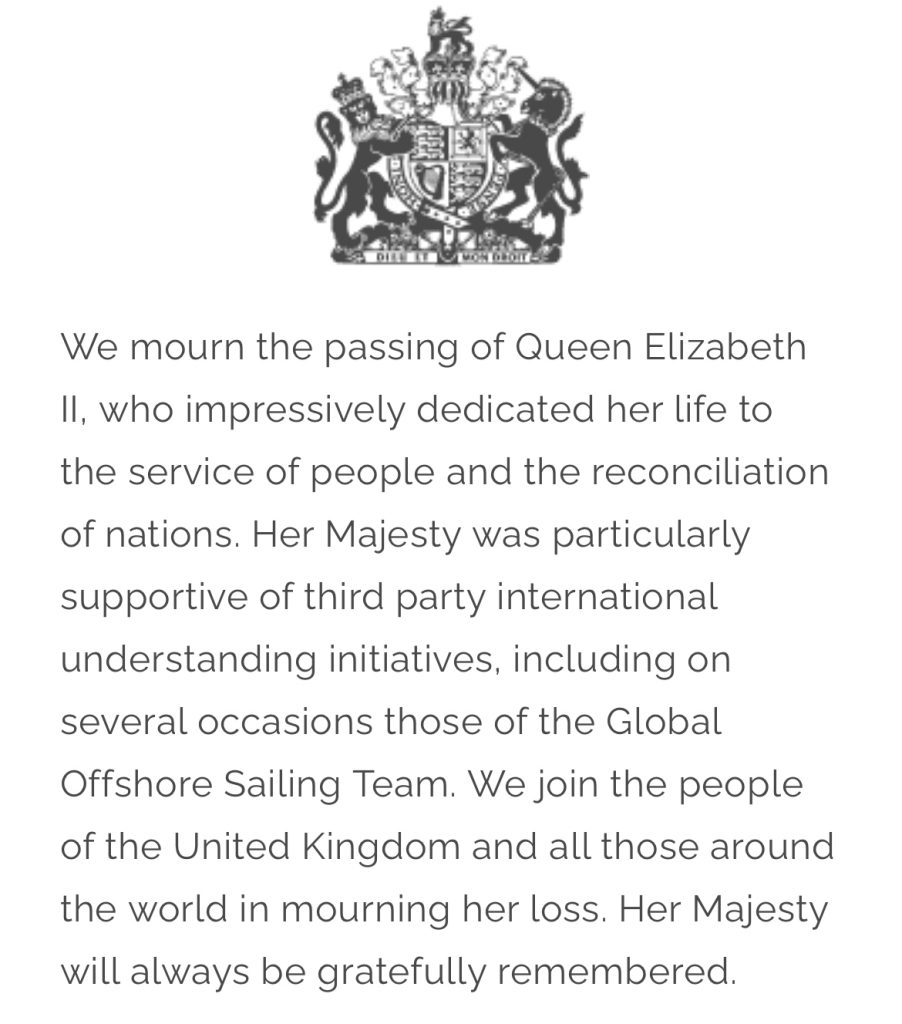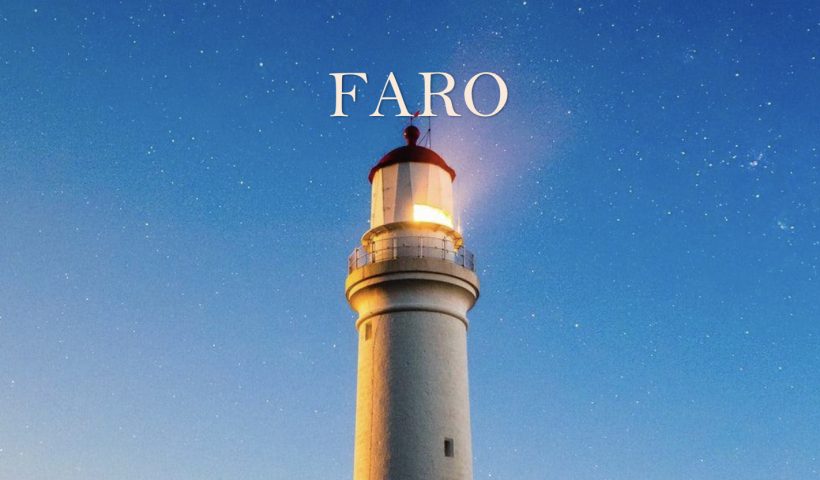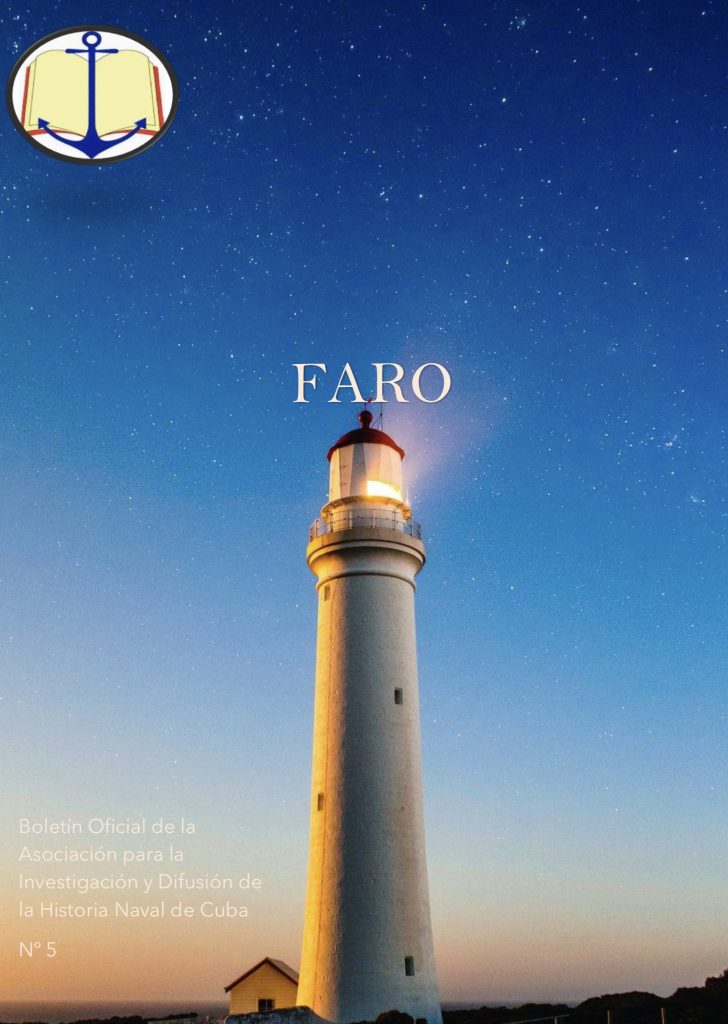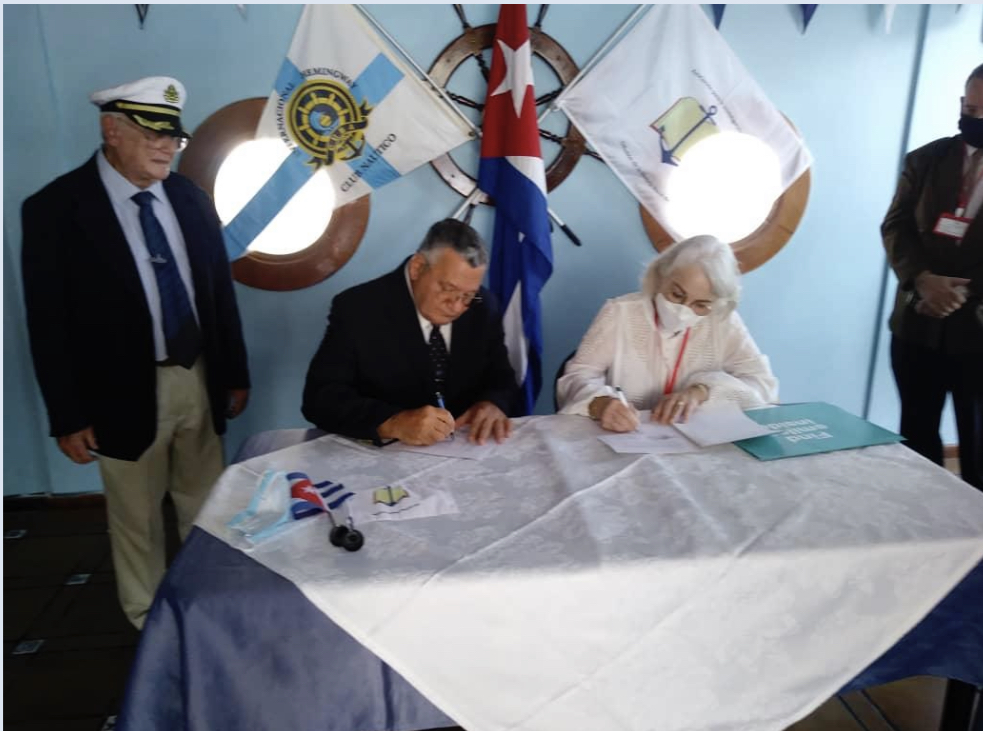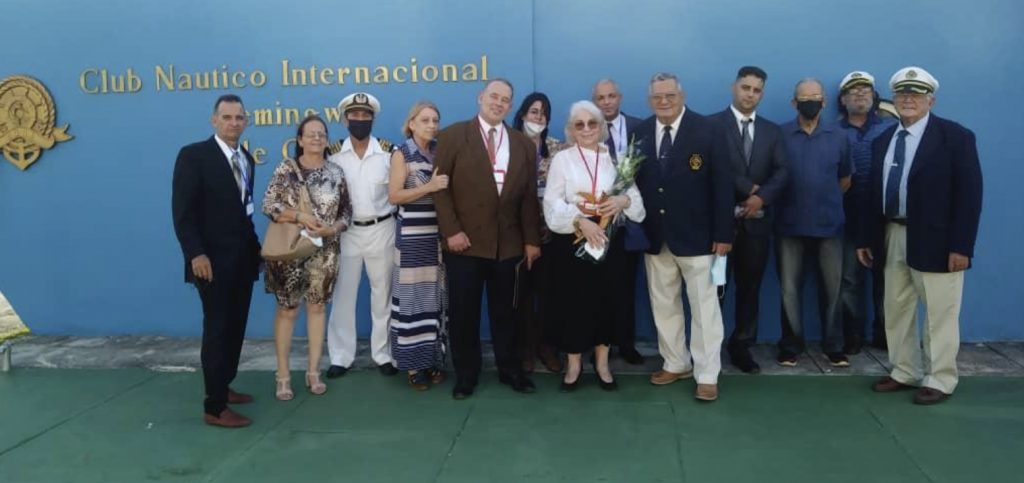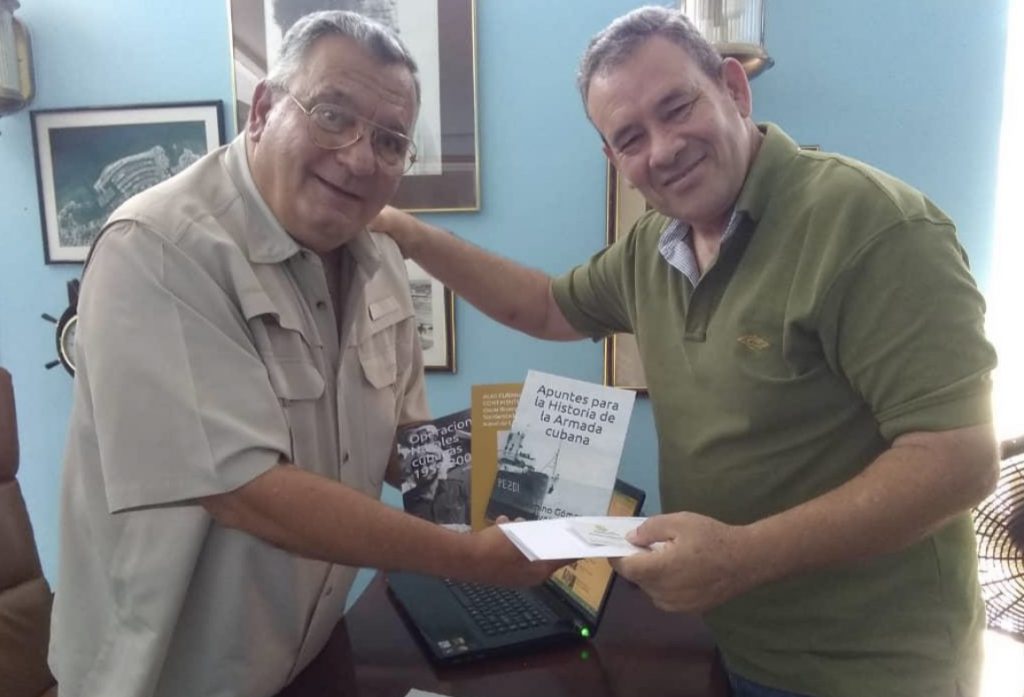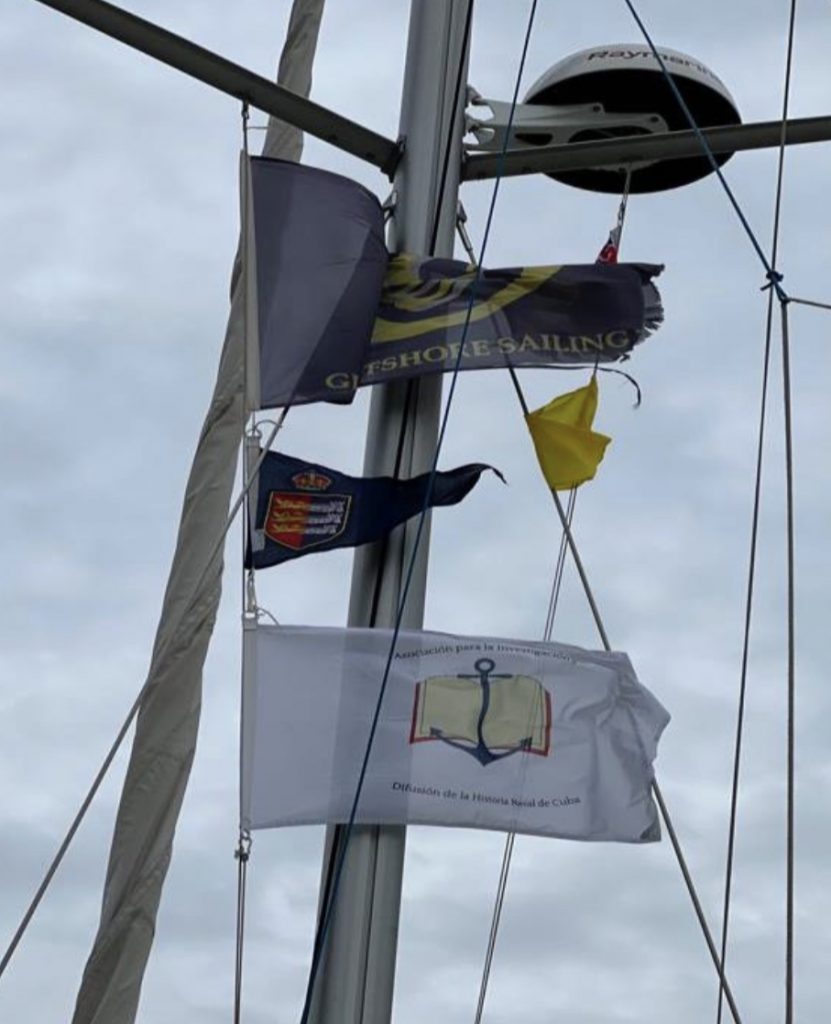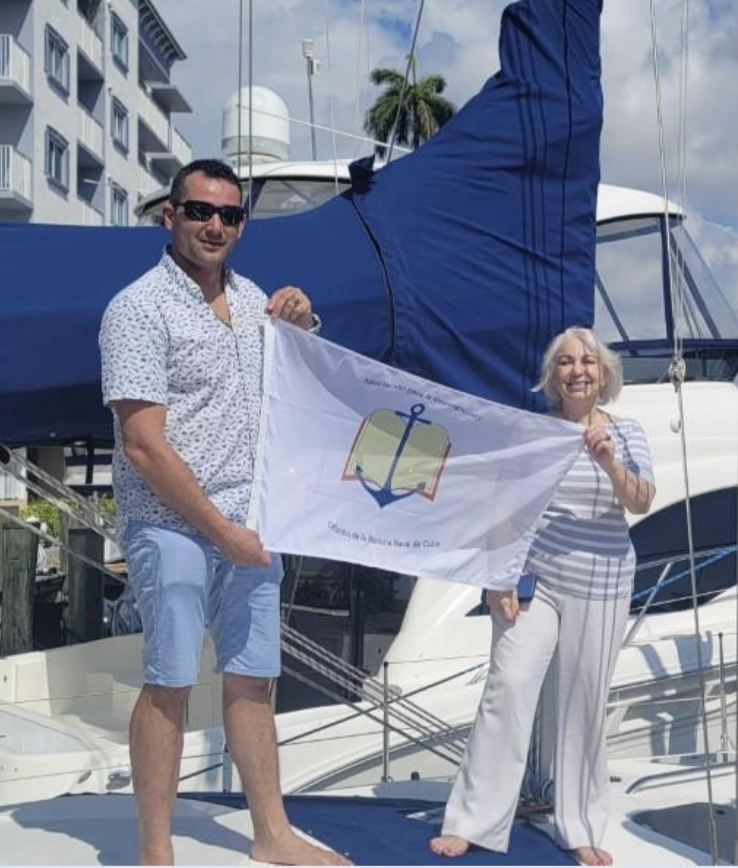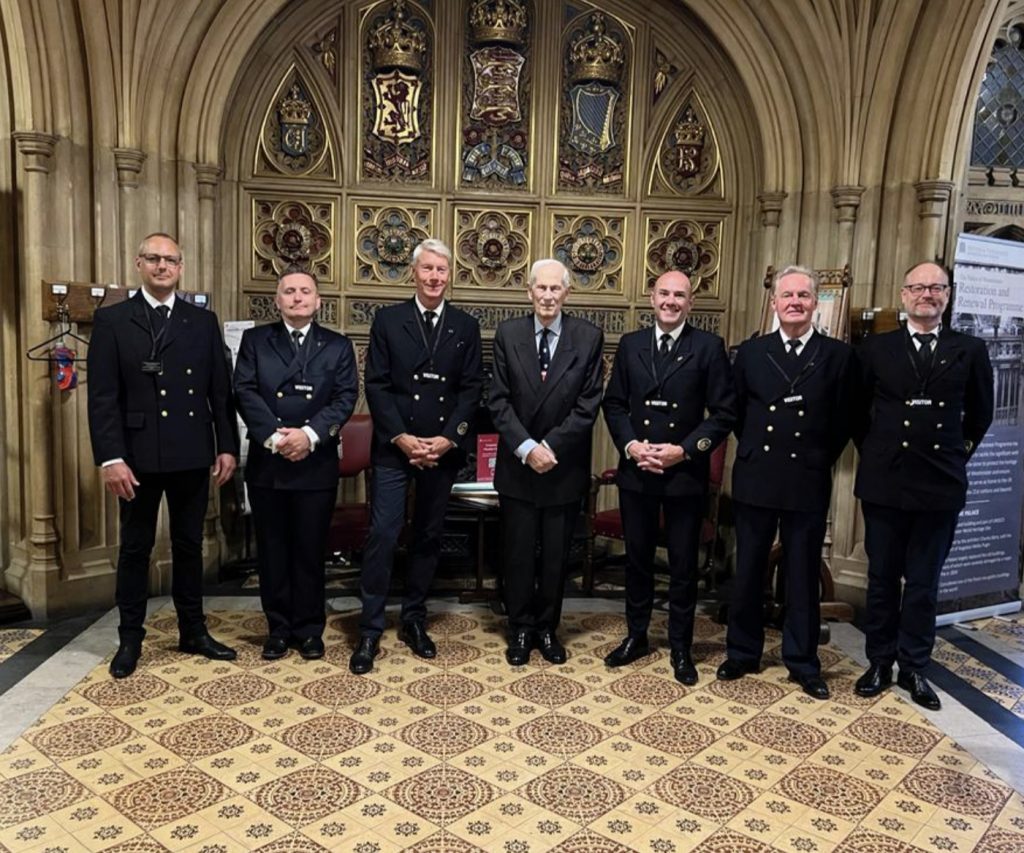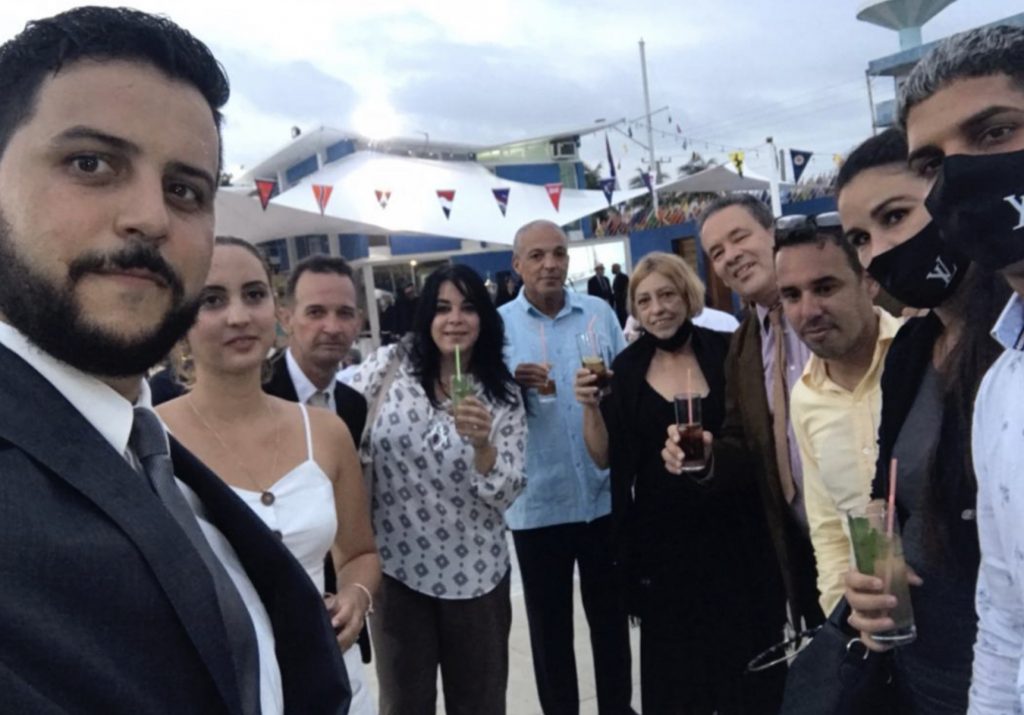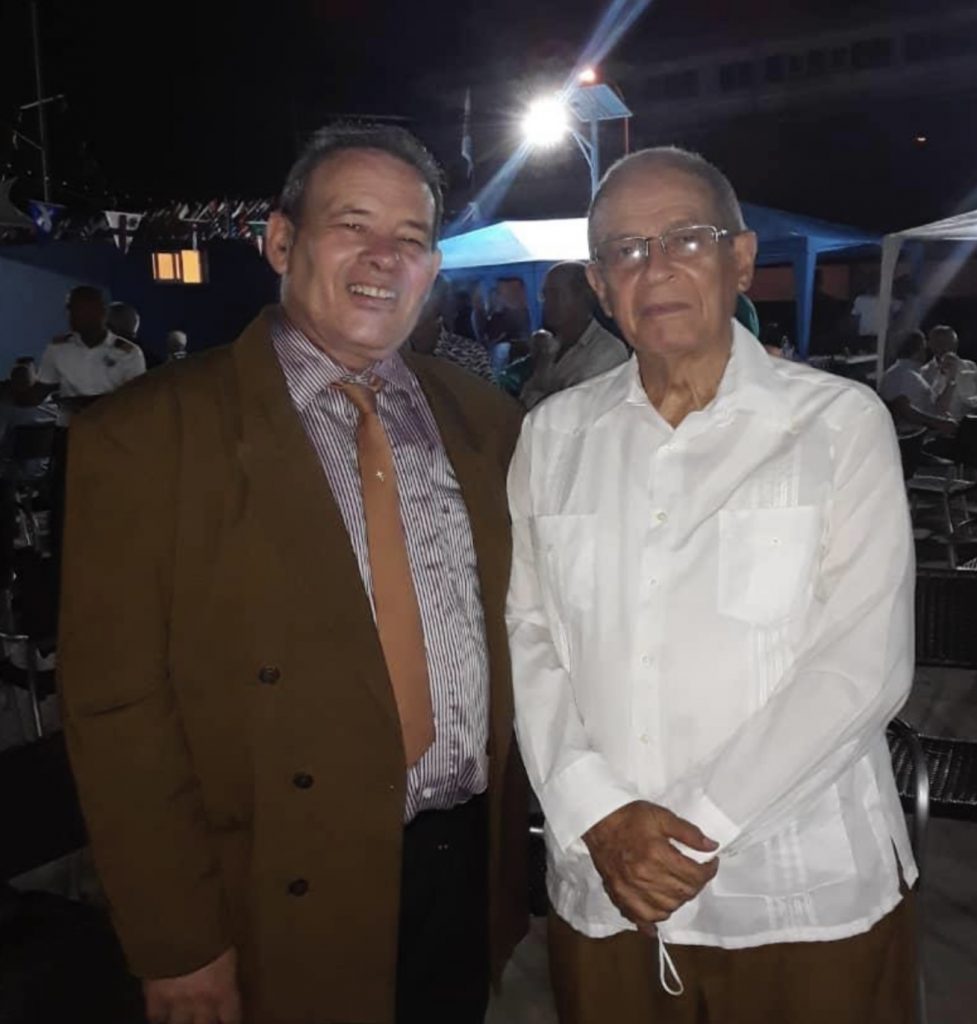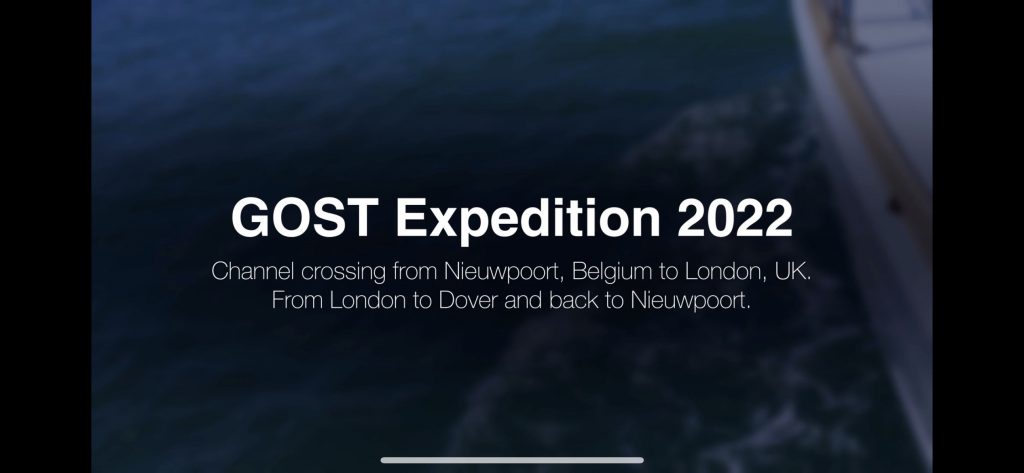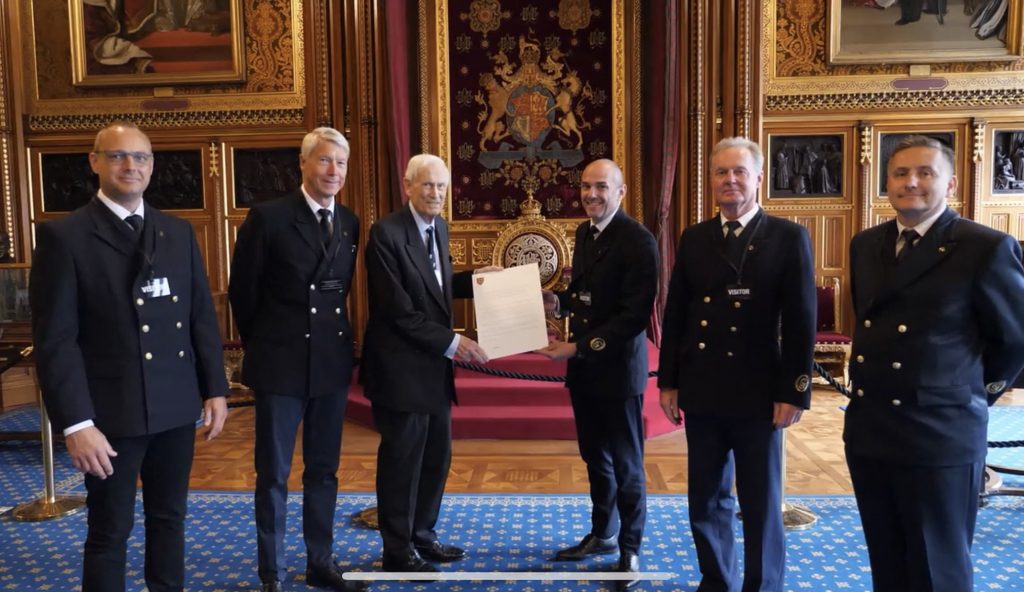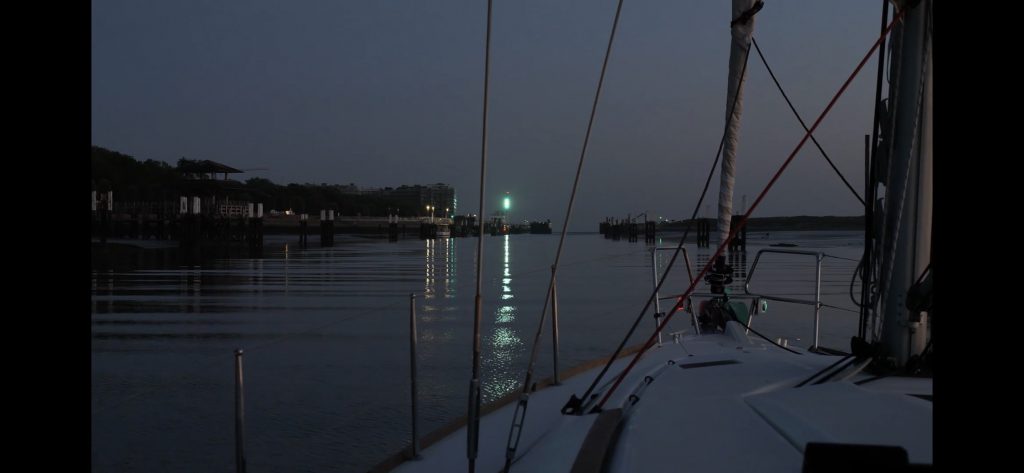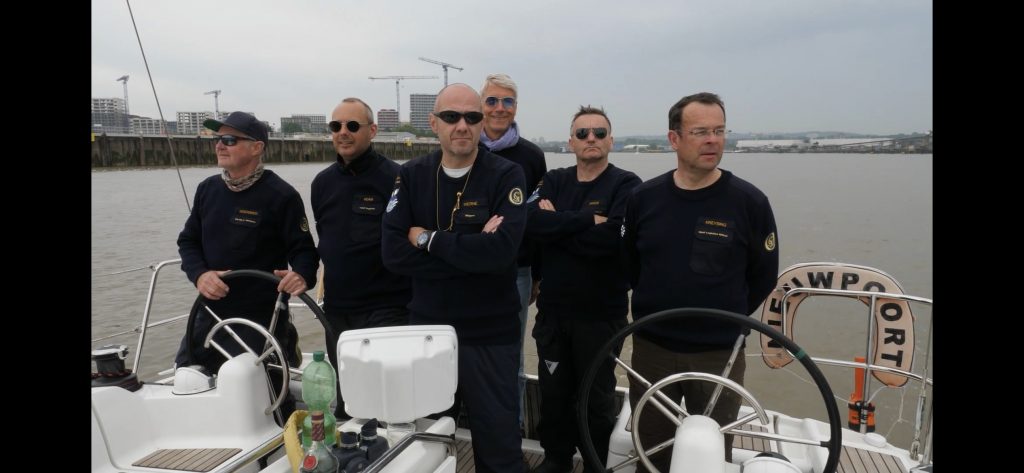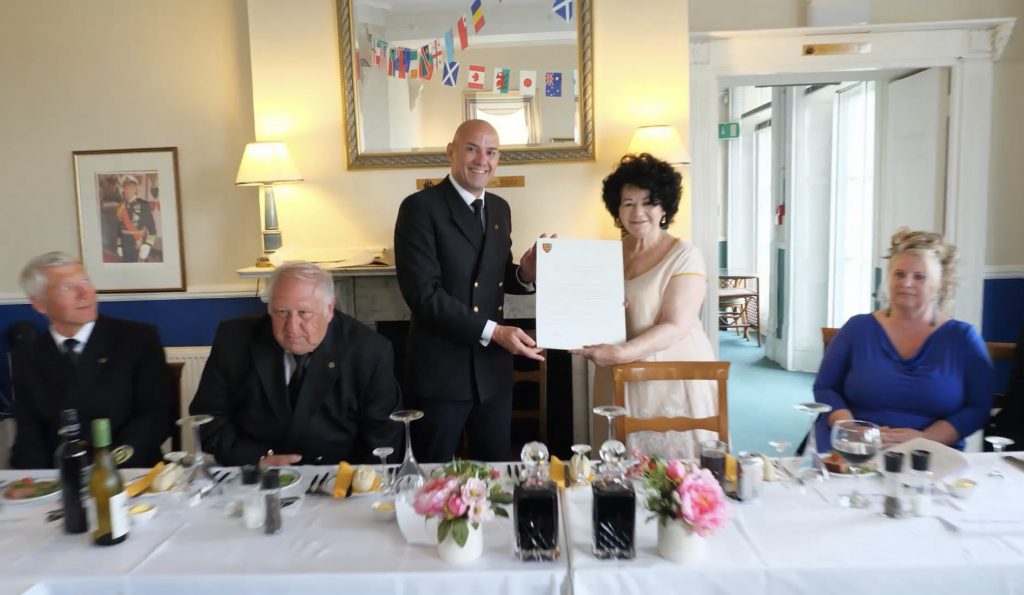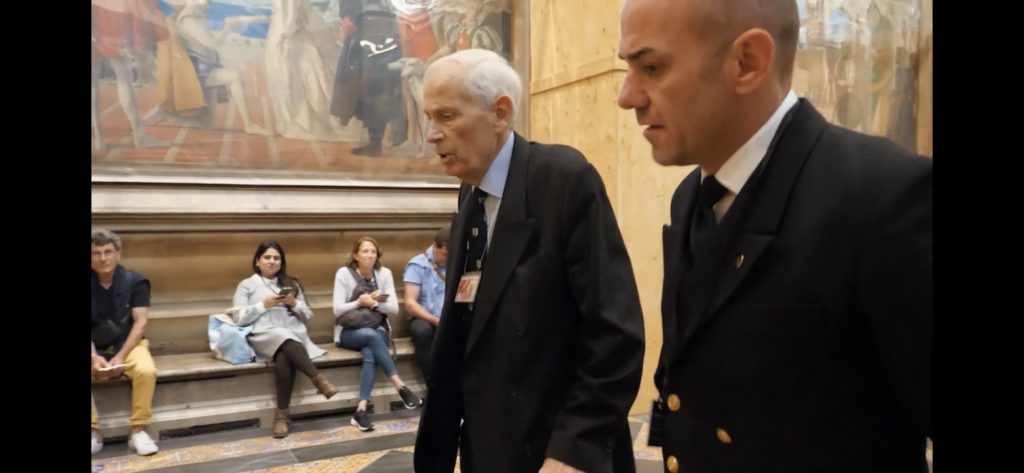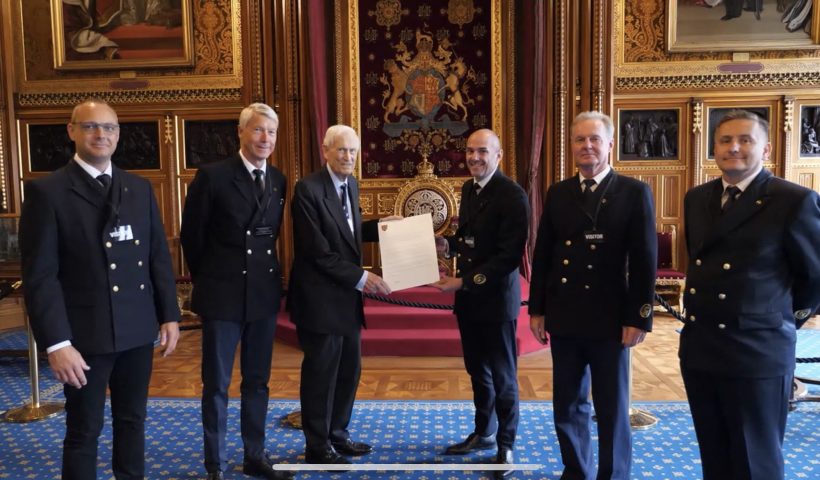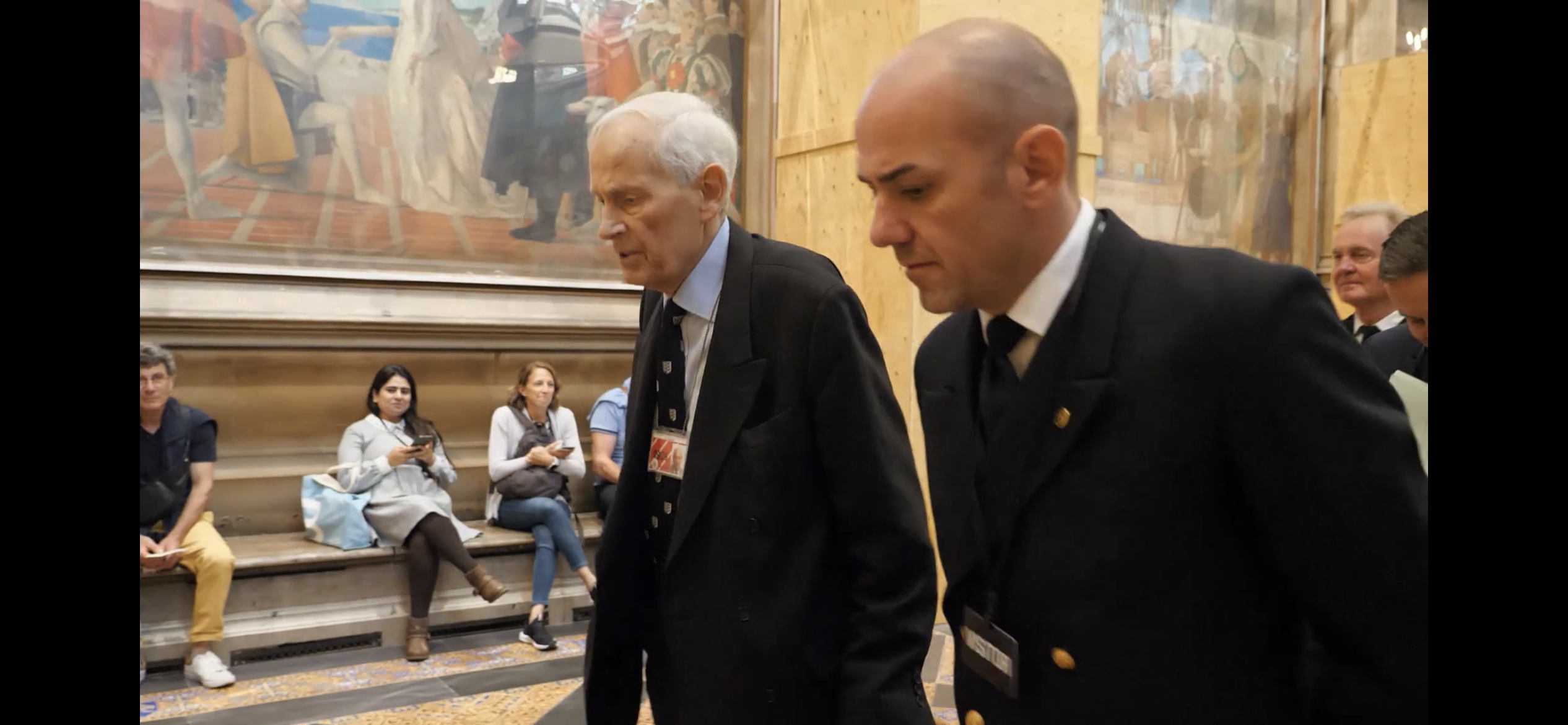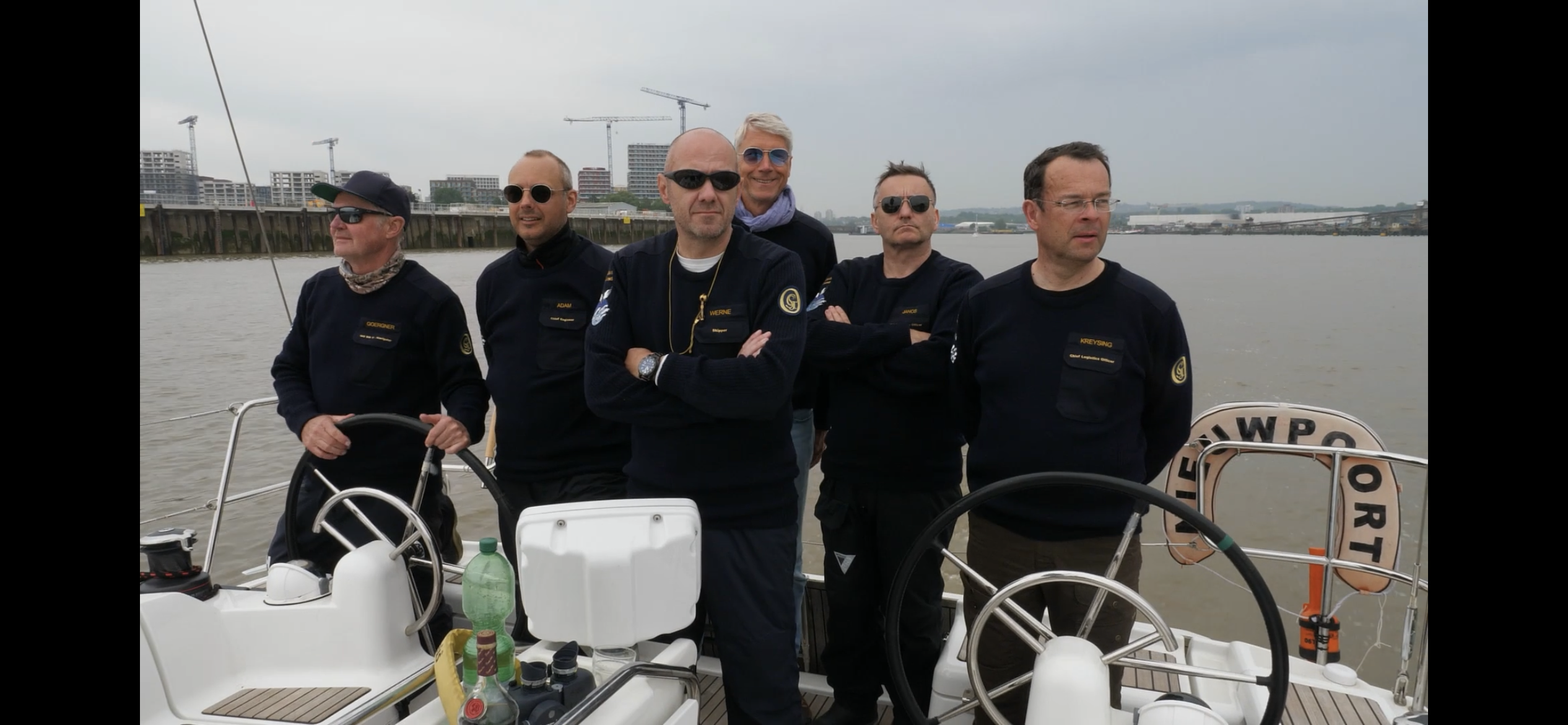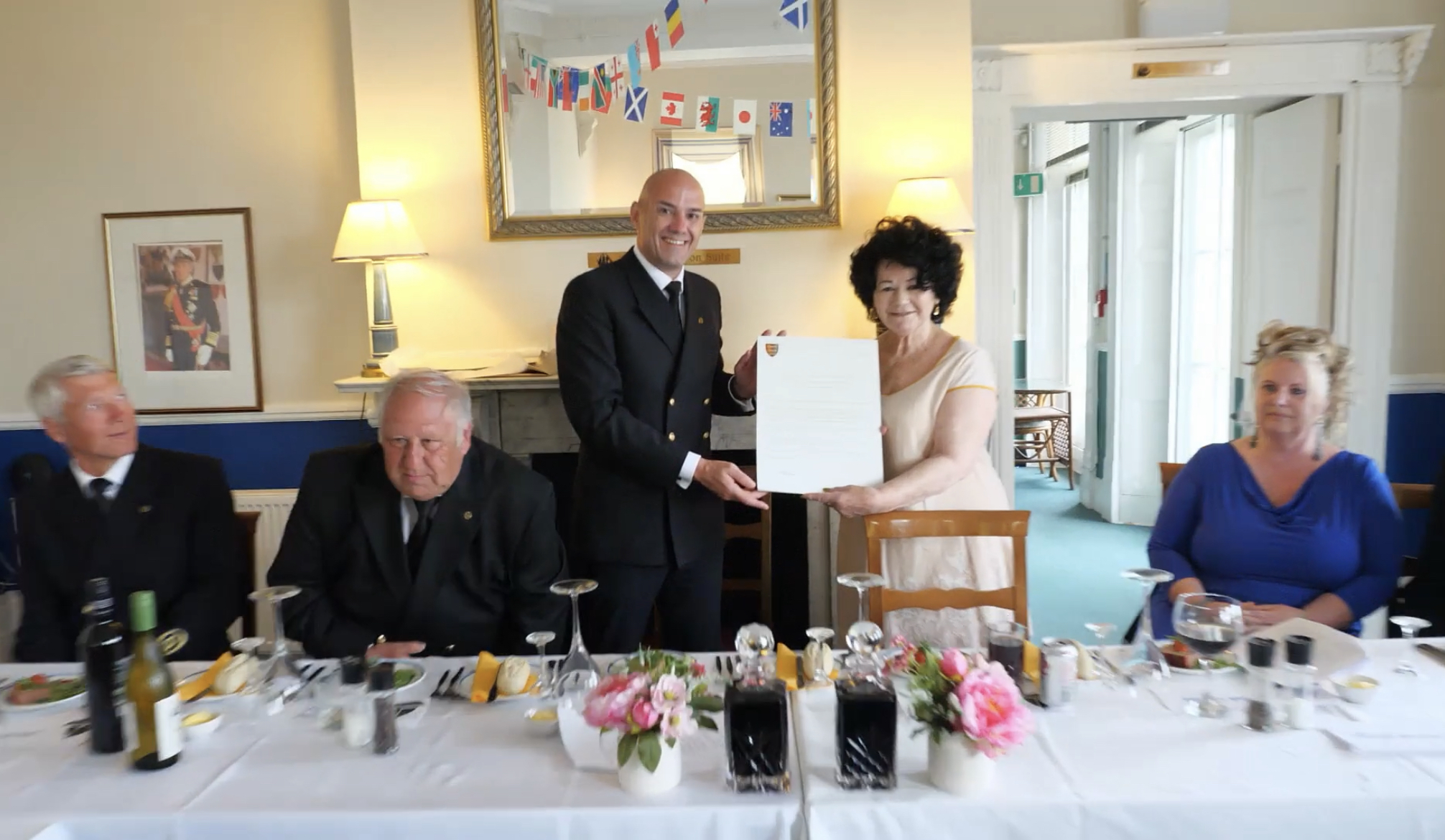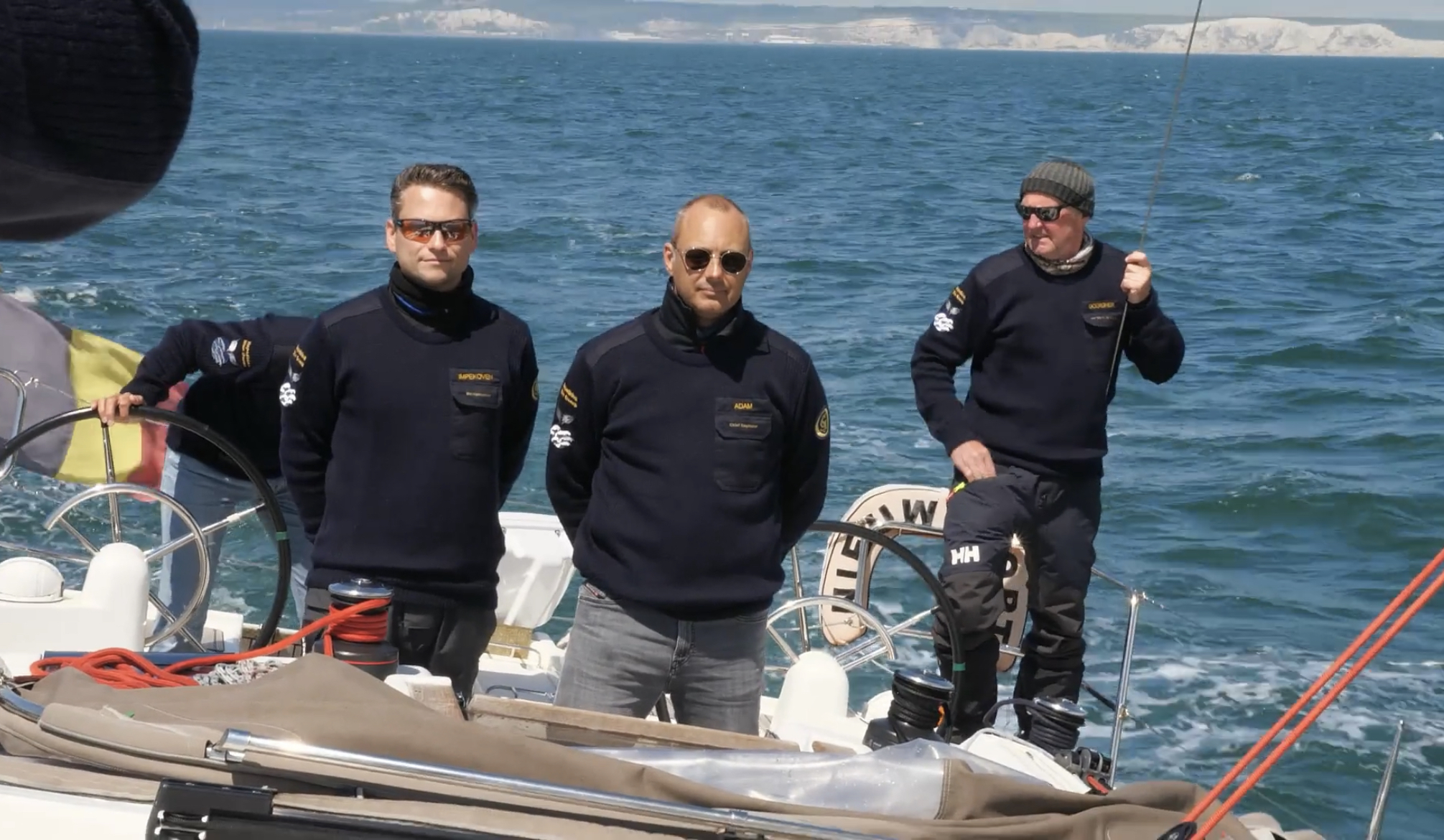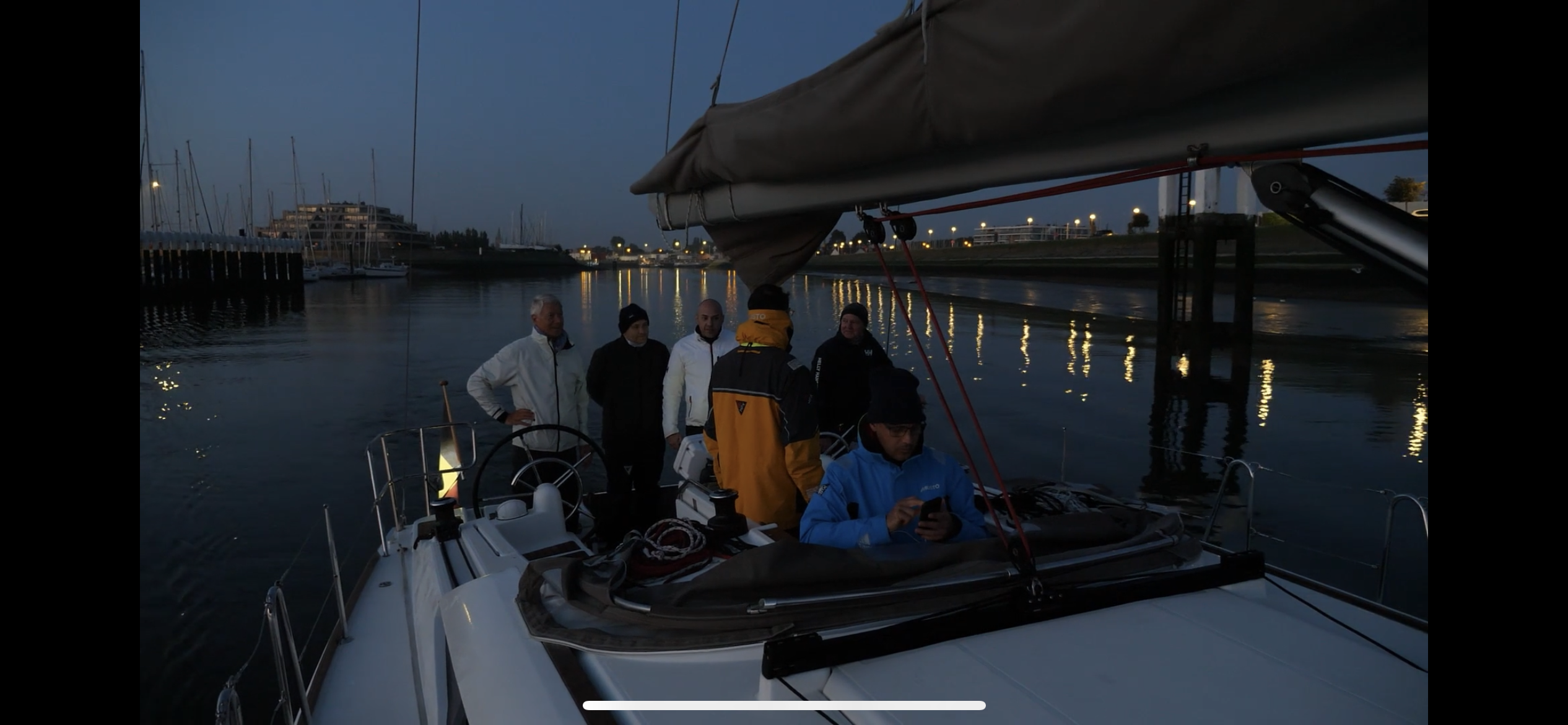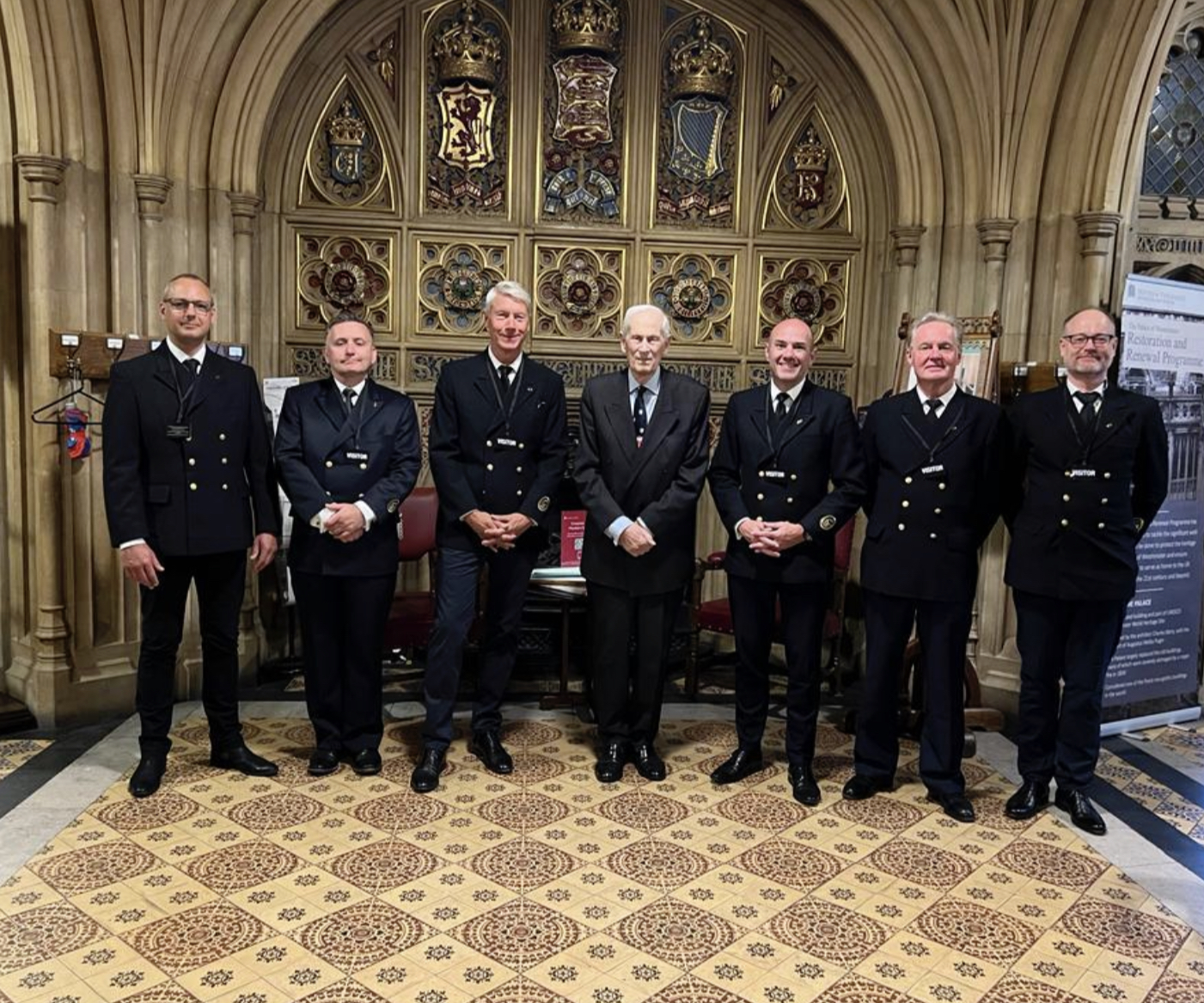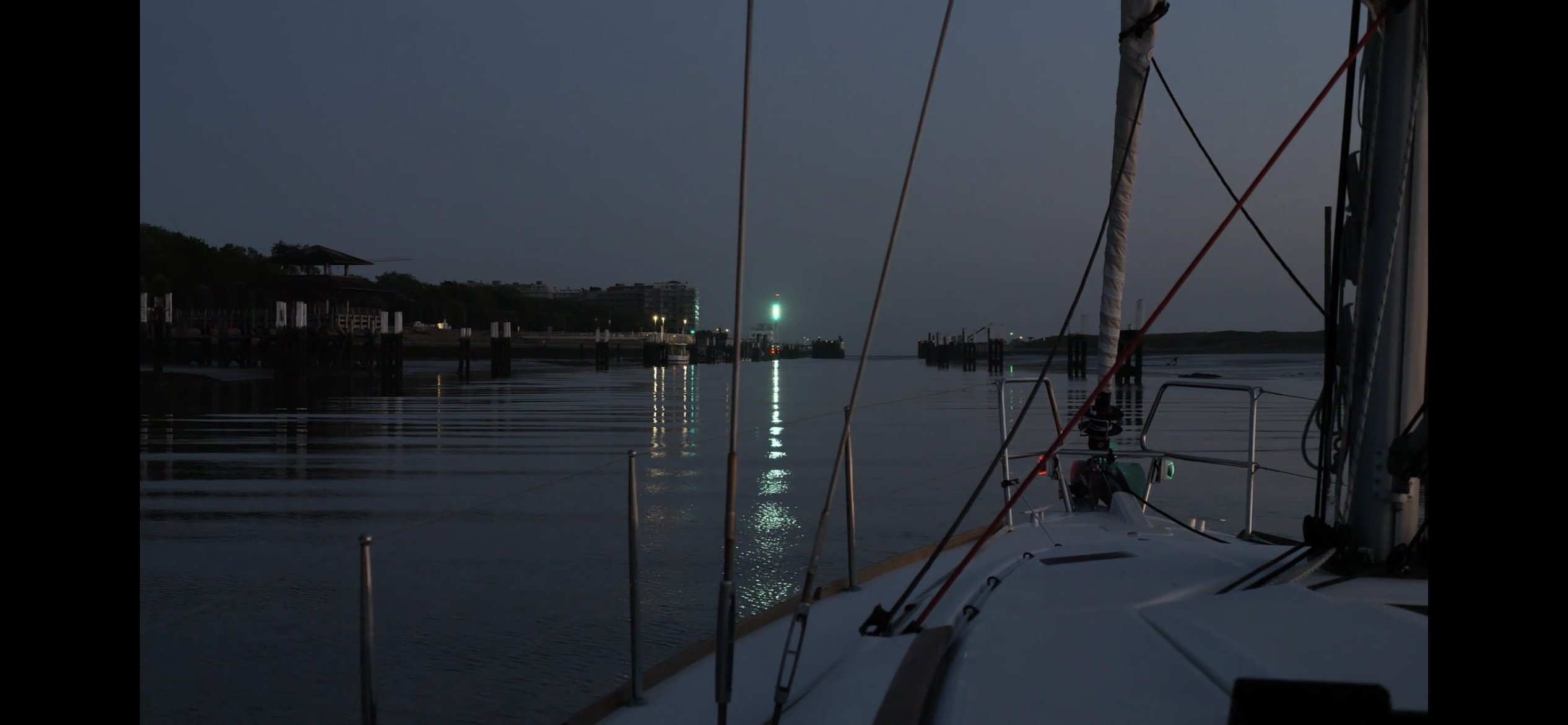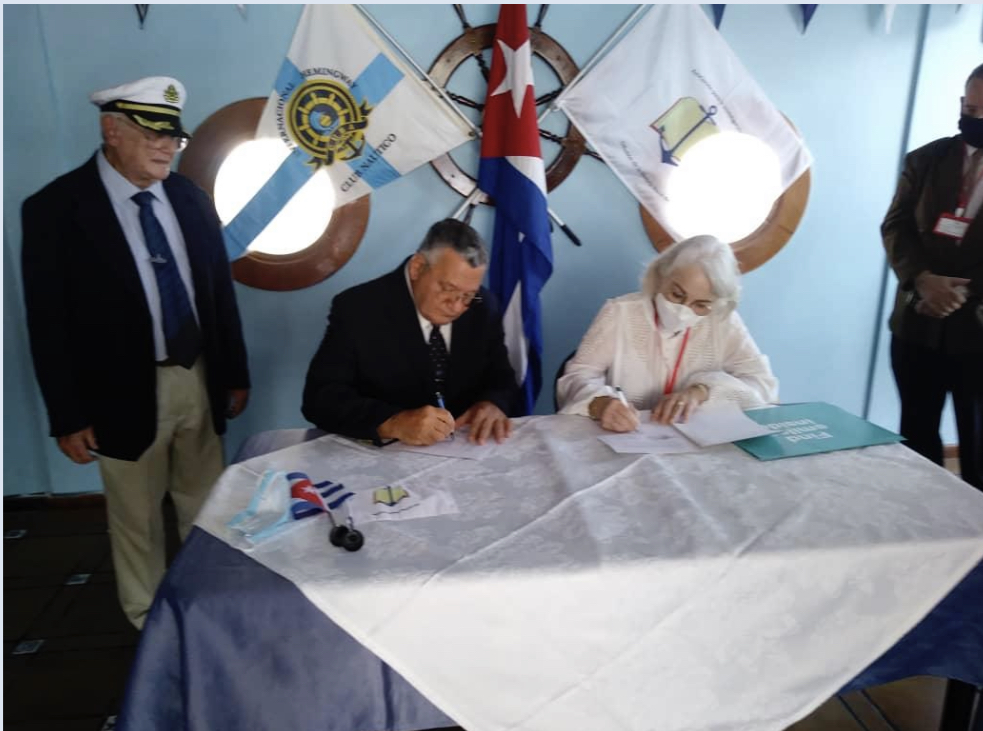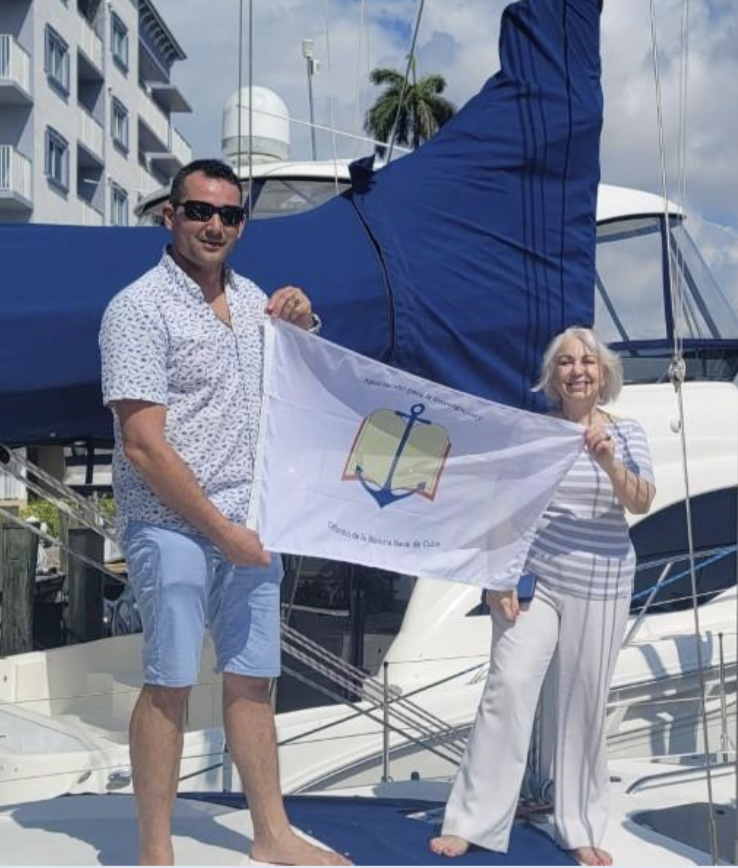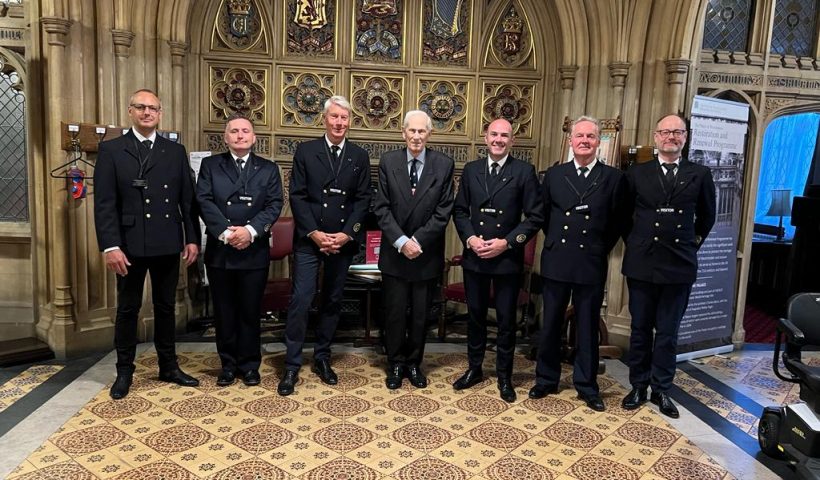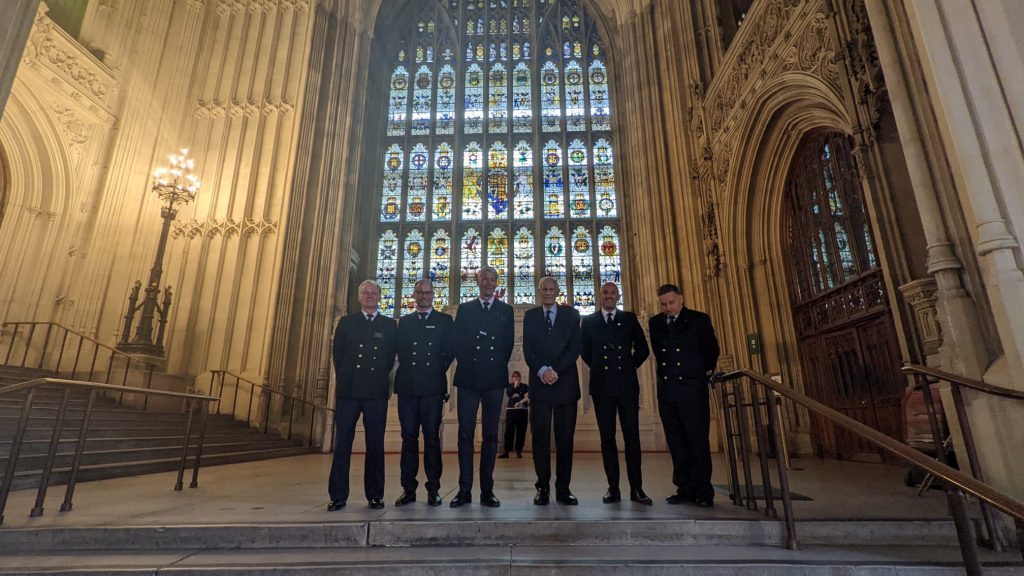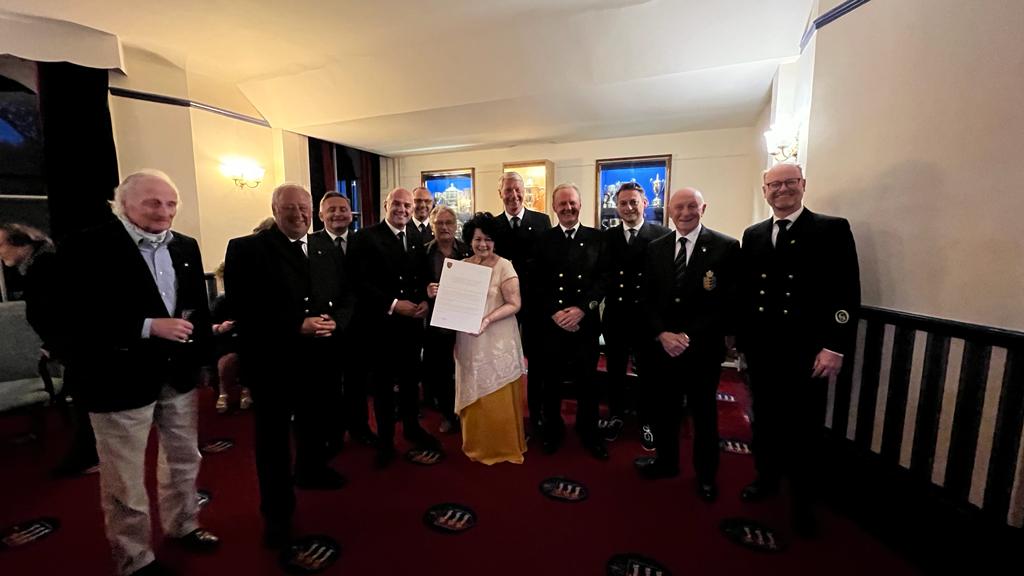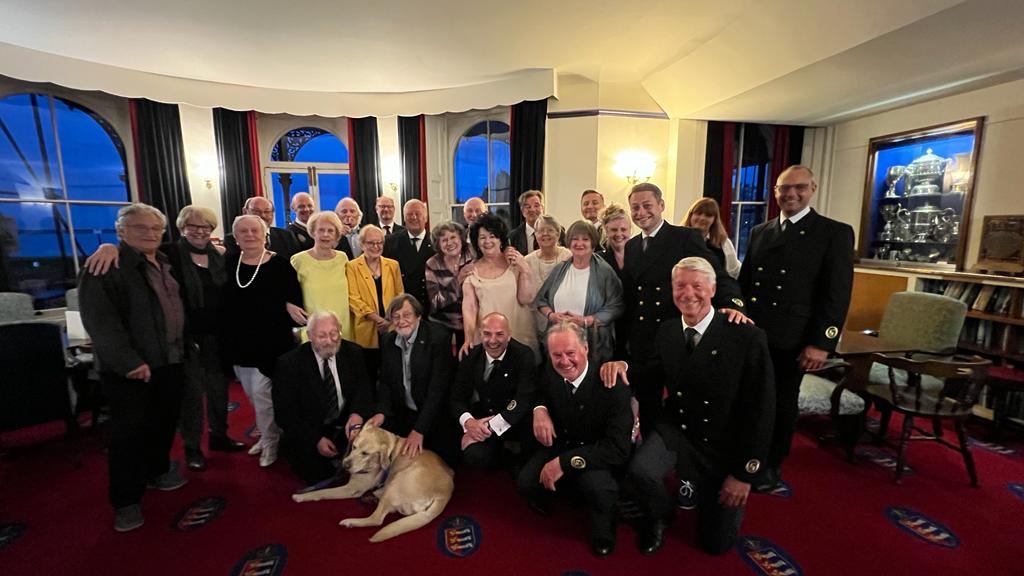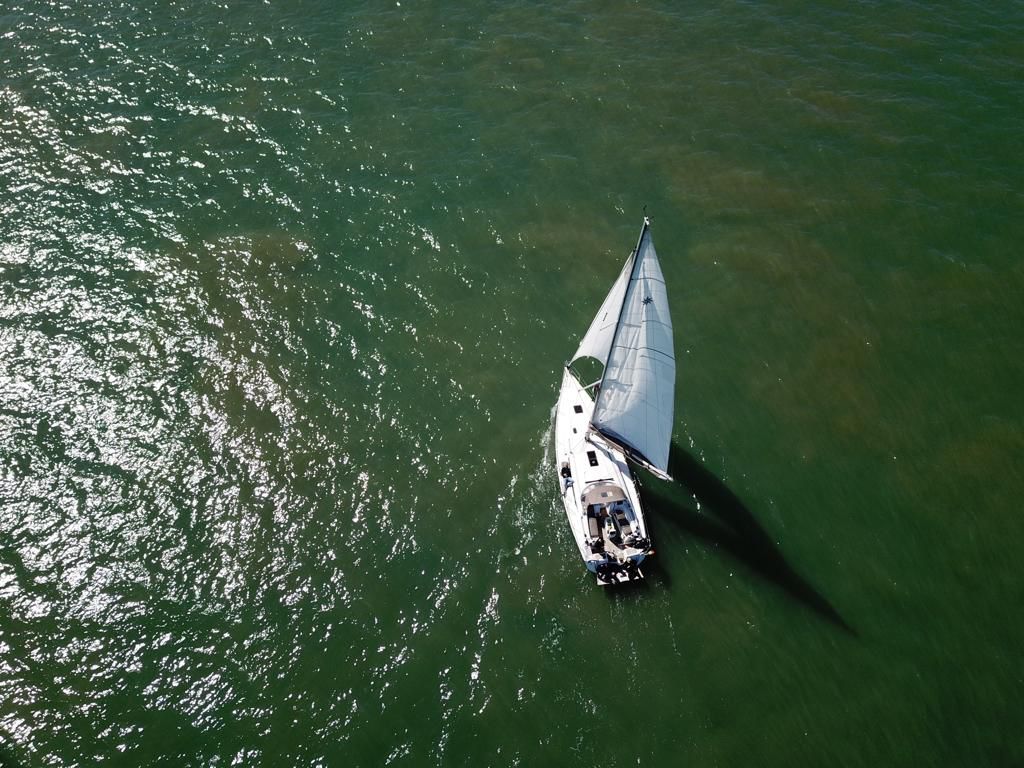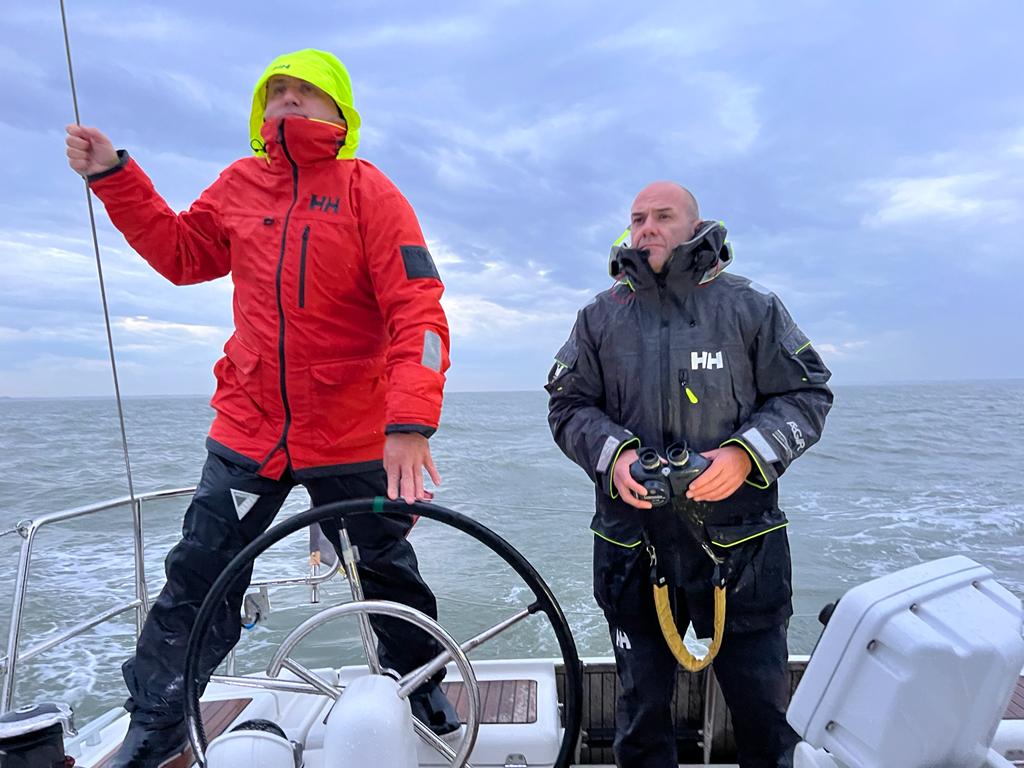by Jochen Werne
Introduction
One of the most pressing objectives outlined in the United Nations Sustainable Development Goals (SDGs) is Goal 2: Zero Hunger. It aims to end all forms of hunger and malnutrition by 2030, ensuring that all people—especially children—have sufficient and nutritious food all year round. This article explores the importance of maintaining open sea routes for the delivery of essential food supplies like wheat, especially to regions like Africa, and how disruptions in these channels can severely impact the progress towards achieving this goal. The article also links to the noteworthy contribution of the Global Offshore Sailing Team (GOST) in raising awareness about this vital issue during their 25th anniversary expedition, “Black Sea Dragon.”

Facts to the Sustainable Development Goal 2
The United Nations states: “Goal 2 is about creating a world free of hunger by 2030.The global issue of hunger and food insecurity has shown an alarming increase since 2015, a trend exacerbated by a combination of factors including the pandemic, conflict, climate change, and deepening inequalities.
By 2022, approximately 735 million people – or 9.2% of the world’s population – found themselves in a state of chronic hunger – a staggering rise compared to 2019. This data underscores the severity of the situation, revealing a growing crisis. In addition, an estimated 2.4 billion people faced moderate to severe food insecurity in 2022. This classification signifies their lack of access to sufficient nourishment. This number escalated by an alarming 391 million people compared to 2019.

The persistent surge in hunger and food insecurity, fueled by a complex interplay of factors, demands immediate attention and coordinated global efforts to alleviate this critical humanitarian challenge. Extreme hunger and malnutrition remains a barrier to sustainable development and creates a trap from which people cannot easily escape. Hunger and malnutrition mean less productive individuals, who are more prone to disease and thus often unable to earn more and improve their livelihoods.
2 billion people in the world do not have regular access to safe, nutritious and sufficient food. In 2022, 148 million children had stunted growth and 45 million children under the age of 5 were affected by wasting.”
Importance of Open Sea Routes for Food Security
Open sea routes are vital arteries for the global food supply chain. They enable the efficient and cost-effective transportation of large quantities of food commodities from surplus regions to areas facing deficits.

For example, wheat is a staple food for over 35% of the world’s population, and a significant portion of it is transported by sea. According to the Food and Agriculture Organization (FAO), major wheat exporting nations rely heavily on maritime transport to ship their grains to different parts of the world, including Africa.
The Impact of Disrupted Sea Routes on Africa
Africa is particularly vulnerable to disruptions in sea routes. Many African countries depend on imports to meet their food needs due to local production shortfalls caused by various factors such as climatic conditions, political instability, and economic challenges.

For instance, North African countries like Egypt, Algeria, and Morocco are among the world’s largest wheat importers. Closure of key maritime passages like which serve as a critical link between continents, can delay shipments, leading to shortages and spikes in food prices. This not only exacerbates food insecurity but also heightens economic instability.. When e.g. wheat deliveries are delayed or halted, the immediate effect is a shortage of staple food items, leading to increased prices and reduced accessibility for the poorest populations. This can have cascading effects on nutritional health, particularly for children, who are most vulnerable to malnutrition. The long-term impact extends beyond health, affecting educational outcomes and economic productivity, thereby hindering comprehensive development.
Impact of the Suez Canal Blockage on Global Food Security
A vivid example of how blocked sea routes can affect global food security is the incident involving the container ship Ever Given, which became lodged in the Suez Canal in March 2021. The Suez Canal is one of the world’s busiest waterways, facilitating approximately 12% of global trade. The blockage created by the Ever Given halted the flow of goods, including significant quantities of food commodities, affecting supply chains worldwide.
The blockade, which lasted six days, delayed the passage of over 300 ships, including vessels carrying livestock and perishable goods bound for various parts of the world. According to Lloyd’s List, approximately $9.6 billion worth of goods passes through the canal each day. The delay affected the delivery of about 13 million barrels of oil to Europe from the Middle East, but also critical agricultural commodities such as grains and vegetable oils from major exporting countries, destined for Africa and Asia.

For instance, Syria, which relies heavily on wheat imports through the Suez Canal, had to ration its existing grain supplies due to delays. Similarly, the blockage disrupted the supply chains of livestock feed components like soybeans and corn, essential for meat production in many European and Asian countries. This disruption highlighted the canal’s crucial role in stabilizing global food prices and availability. The event underscored the vulnerability of global food systems to logistical disruptions and the ripple effects that can emerge from a single point of interruption in a key maritime route.
Navigating recent Vulnerabilities of Global Food Supply Chains
The ongoing crisis in the Red Sea highlights the precarious nature of global food supply chains and the cascading effects that disruptions can have on food security, particularly for economically vulnerable countries in Africa and Asia. According to Joseph Glauber and Abdullah Mamun from IFPRI, the duration and extent of the Houthi attacks will critically determine the scale of impact on shipping, market prices, and the availability of food. Although the Red Sea routes account for a smaller fraction of overall agricultural trade, persistent disruptions could force dependent importing nations to seek costlier alternatives or new suppliers. This shift could depress prices for producers, illustrating a ripple effect across global agricultural markets. The Red Sea conflict serves as a potent reminder of the fragility of supply chains and underscores the importance of maintaining flexible sourcing strategies for food imports to enhance resilience against such disruptions. This situation calls for international cooperation and strategic planning to safeguard food security amid geopolitical and logistical challenges.
GOST’s Initiative and Its Global Impact
Celebrating its 25th anniversary, the Global Offshore Sailing Team (GOST) is leveraging its “Black Sea Dragon” expedition, departing from Varna, Bulgaria, and passing through the Bosporus to Istanbul, to spotlight the importance of these issues.

“We aim to underscore the significance of uninterrupted sea routes not only for food security but also for fostering international understanding,” stated Jochen Werne, GOST co-founder.
Jochen Werne, co-founder of GOST

“Through the ‘Black Sea Dragon’ expedition, we strive to illustrate how essential stable and secure maritime corridors are to global peace and prosperity. This journey symbolizes our dedication to strengthening the bonds between nations and enhancing mutual reliance through shared challenges.”
Guido Zoeller, co-founder of GOST
Creating awareness is a powerful tool in the realm of people’s diplomacy, fostering peace and understanding by educating and engaging diverse populations on global issues. The Global Offshore Sailing Team (GOST) has harnessed this approach effectively over its 25-year history, particularly through high-visibility expeditions like the “Black Sea Dragon”, “Antarctic Blanc” or “Navigators Heritage”. These ventures serve not only as adventures but also as platforms to raise public awareness about critical global challenges such as the importance of open sea routes for food security and international cooperation.
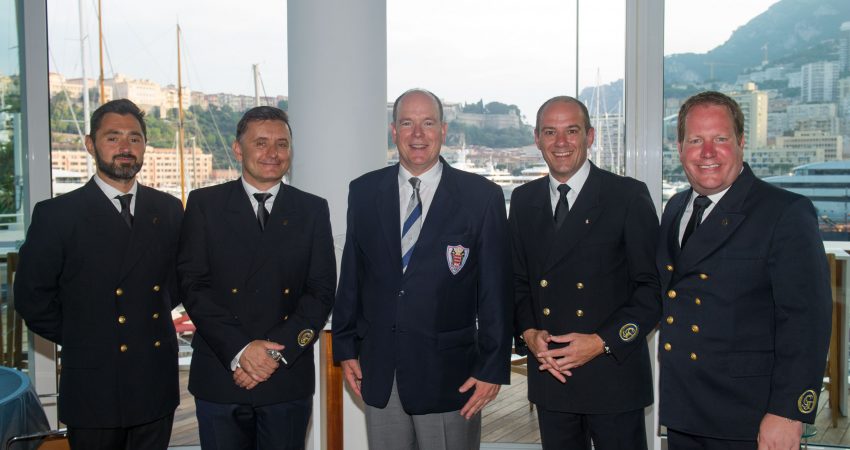
GOST’s expeditions are emblematic of how peaceful people’s diplomacy can be conducted through the universal language of maritime travel. By navigating international waters and connecting different cultures, GOST embodies the spirit of collaboration and mutual understanding. Their journeys highlight how sustained, peaceful engagement can build bridges between nations, fostering a shared commitment to addressing global challenges.
The “Black Sea Dragon” expedition underscores the continuity of this mission of not only traversing geographic boundaries but also cultivating a deeper awareness among global citizens about the interconnectedness of our world. This voyage illustrates the critical role that safe and open sea routes play in global stability and food security, emphasizing how these waterways are arteries of international diplomacy and economic vitality.
The Strategic Significance of the Bosporus and Turkey’s Role in Maritime Security
The Bosporus Strait, a narrow, natural strait that forms part of the continental boundary between Europe and Asia, is not only a crucial segment of the Turkish Straits but also one of the world’s most significant maritime passages for international navigation. It connects the Black Sea to the Sea of Marmara, and further to the Mediterranean, serving as a vital route for the transport of oil, natural gas, and agricultural products. This strait is especially critical for all Black Sea nations, which rely on it as their primary avenue to the global markets.

Turkey’s role in maintaining the safety and openness of the Bosporus is paramount. Governed by the 1936 Montreux Convention, the management of the strait allows for the free passage of civilian vessels in peacetime while limiting the passage of naval ships not belonging to Black Sea states. Turkey, responsible for the strait’s management, plays a pivotal role in ensuring that this vital artery remains open and safe for navigation. This is crucial not only for economic reasons but also for food security, particularly for nations that depend heavily on agricultural imports that transit through these waters.
The strategic importance of the Bosporus is amplified by its challenging navigation conditions, which require precise handling and extensive local knowledge, underscoring the need for expert maritime management. Turkey’s investment in the surveillance and traffic management of the strait reflects its commitment to safeguarding this essential route. This ensures the efficient flow of goods and energy resources, which is indispensable for maintaining the stability of global markets and securing food and energy supplies to various regions.
Furthermore, Turkey’s diplomatic relations and its strategic position as a bridge between East and West play a critical role in the geopolitical landscape surrounding the Bosporus. By keeping the Bosporus open and secure, Turkey contributes significantly to the broader global objective such as the United Nations SDG Goal 2: Zero Hunger. Thus, Turkey’s management of the Bosporus is not merely a regional concern but a matter of global importance, impacting international trade, energy security, and food accessibility worldwide.
Collaborative Efforts in Advancing SDG Goal 2: Zero Hunger
There are numerous impactful programs like the World Food Program (WFP) or the Africa First Network that play pivotal roles in advancing SDG Goal 2: Zero Hunger through their dedicated initiatives. These organizations work tirelessly to address the multifaceted challenges of hunger and food insecurity around the globe.

The World Food Program, a leading humanitarian organization fighting hunger worldwide, implements a variety of programs aimed at ensuring that everyone can access the food they need for a healthy life. The WFP’s efforts include emergency food aid, school feeding programs, and improving food security in regions affected by conflict and natural disasters. By maintaining and securing open sea routes for food delivery, the WFP not only manages direct assistance but also supports local agriculture and infrastructure, which are crucial for long-term sustainability.
Similarly, the Africa First Network collaborates with local and international partners to bolster food security across African nations. This initiative focuses on enhancing agricultural productivity, building efficient supply chains, and advocating for policies that support sustainable food systems. Through education, technological innovation, and infrastructure development, the Africa First Network seeks to empower African communities to achieve self-sufficiency and resilience against food crises.
Together, these programs demonstrate the power of global and regional cooperation in moving closer to achieving Zero Hunger. Their comprehensive approach to tackling food insecurity includes not just immediate relief but also long-term strategies that address the root causes of hunger, ensuring sustainable change and progress towards SDG Goal 2.
Conclusion
The integrity of maritime transport routes is not merely an economic issue but a cornerstone in the battle against global hunger. The ramifications of disrupted sea routes extend far beyond immediate food shortages, affecting nutritional health, educational outcomes, and economic productivity. International cooperation and stable geopolitical relations are essential to safeguard these lifelines. By maintaining these vital connections, the international community moves closer to fulfilling the basic human right to food, ensuring no one goes hungry and promoting equitable resource distribution worldwide.

We encourage individuals, communities, and organizations worldwide to draw inspiration from GOST’s legacy and engage in their own acts of peaceful diplomacy. Whether through educational outreach, participating in cultural exchanges, or supporting initiatives that promote international understanding, every effort counts. Join us in championing the causes that matter most for our global community’s prosperity and peace. Together, let’s navigate towards a future where diplomacy and awareness pave the way for a harmonious world.
Sources: World Food Programme https://www.wfp.org , IFPRI https://www.ifpri.org , GOST, United Nations https://sdgs.un.org/goals , Pixabay, Africa First Network https://africafirst.net , FAO https://www.fao.org/


